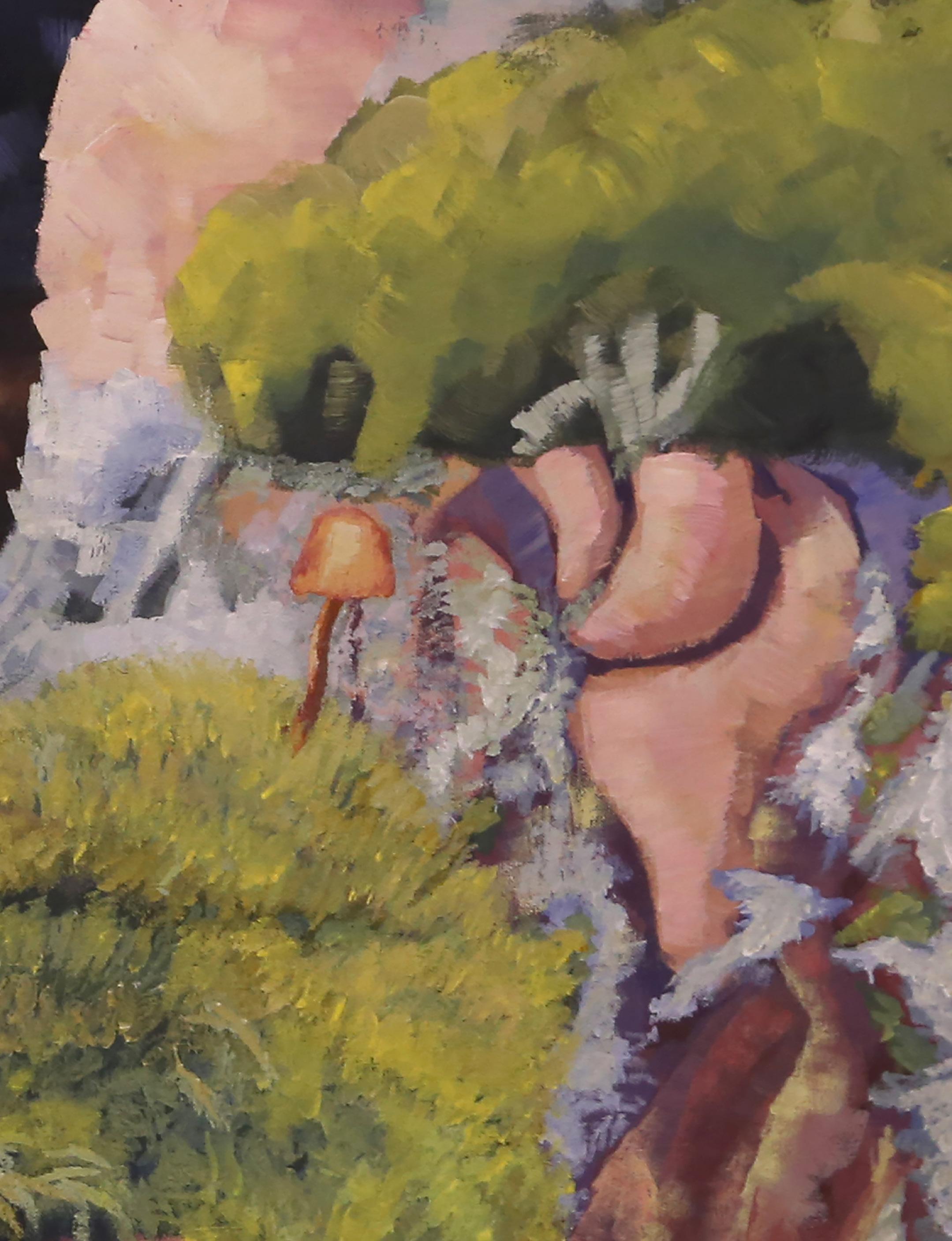

CODA Editorial Team
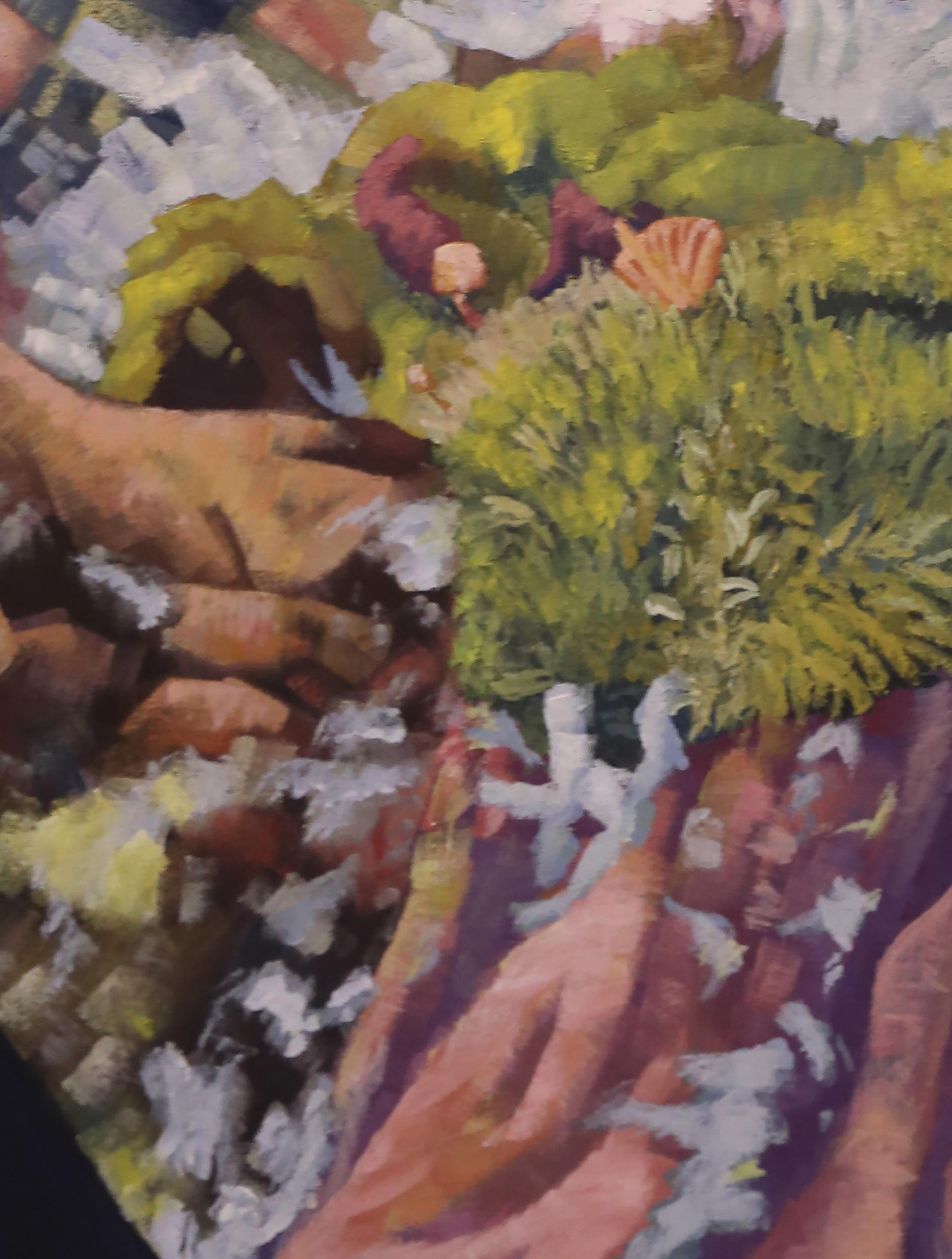
STAFF CONTRIBUTORS
Ms L Chamberlain
Mrs K Franzen
Mr S Goffredi
STUDENT CONTRIBUTORS
KEY STAGE 3 (YEARS 7-9)
Esme, Eva, Shraddha, Imogen, Emma, Emily
KEY STAGE 4 (YEARS 10-11)
Jemima, Olivia, Sophie, Ruth, Alice
SIXTH FORM
Sarah, Olivia, Abby, Emily, Líle, Ella, Madeleine, Saira, Krysia, Annie, Imogen, Hannah, Millie, Ava, Evelyn, Willow, Laura, Irede, Isabella, Alice, Abby, Annabel, Caitlin, Imogen, Ava, Ella, Sarah, Lara, Julia, Jess, Lily
EDITOR
Mrs O Cornes
With thanks to: Mrs N Baker, Mrs C Jenner, Miss R Leggett, Ms S Mehaffey
ARTWORK ON COVER AND PAGES 2&3
Martha,Year 11
DESIGN, ARTWORK AND PRODUCTION
firebrandcreative.com
CODA is a word sometimes used to refer to the concluding passage of a piece of music, forming an addition to the basic structure. It has been the name of Walthamstow Hall’s Senior School magazine for over fifty years.

This year’s CODA magazine reflects my first full year as Headmistress of this wonderful School. It gives an insight into the rich array of learning experiences that a Walthamstow Hall student can enjoy; from camping with new friends in your first term in Year 7, to visiting the worldrenowned Brain Bank at King’s College London, via thrilling drama productions or competitive sport, life here is to be seized.
Student leadership is at the heart of this edition – literally! An online Arts & Culture Newsletter created by students
is reproduced in full in the centre pages. The photographs and articles that follow all demonstrate how girls here flourish as individuals, supported as ever by our talented team of staff.
My thanks to the Editor, the student reporters and all those involved in creating this distillation of another great year at Walthamstow Hall.


MsLouise Chamberlain Headm i st ress
Photography A level
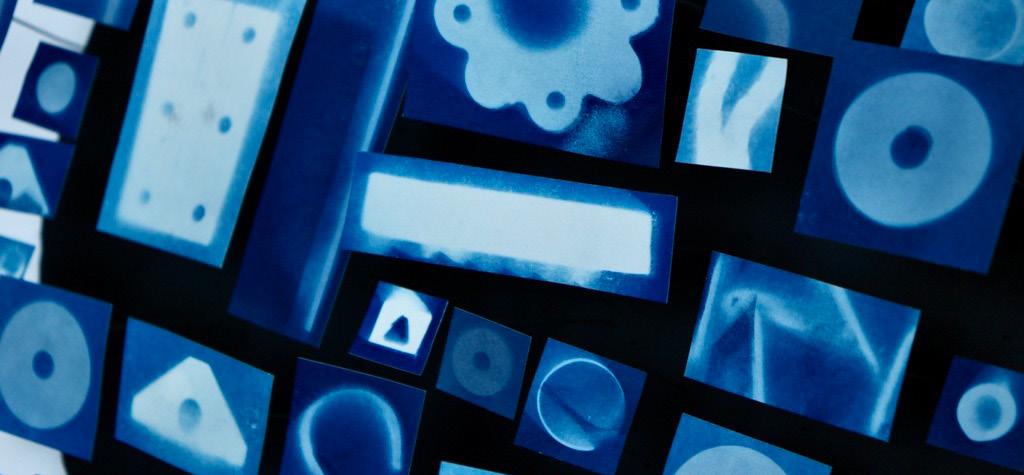
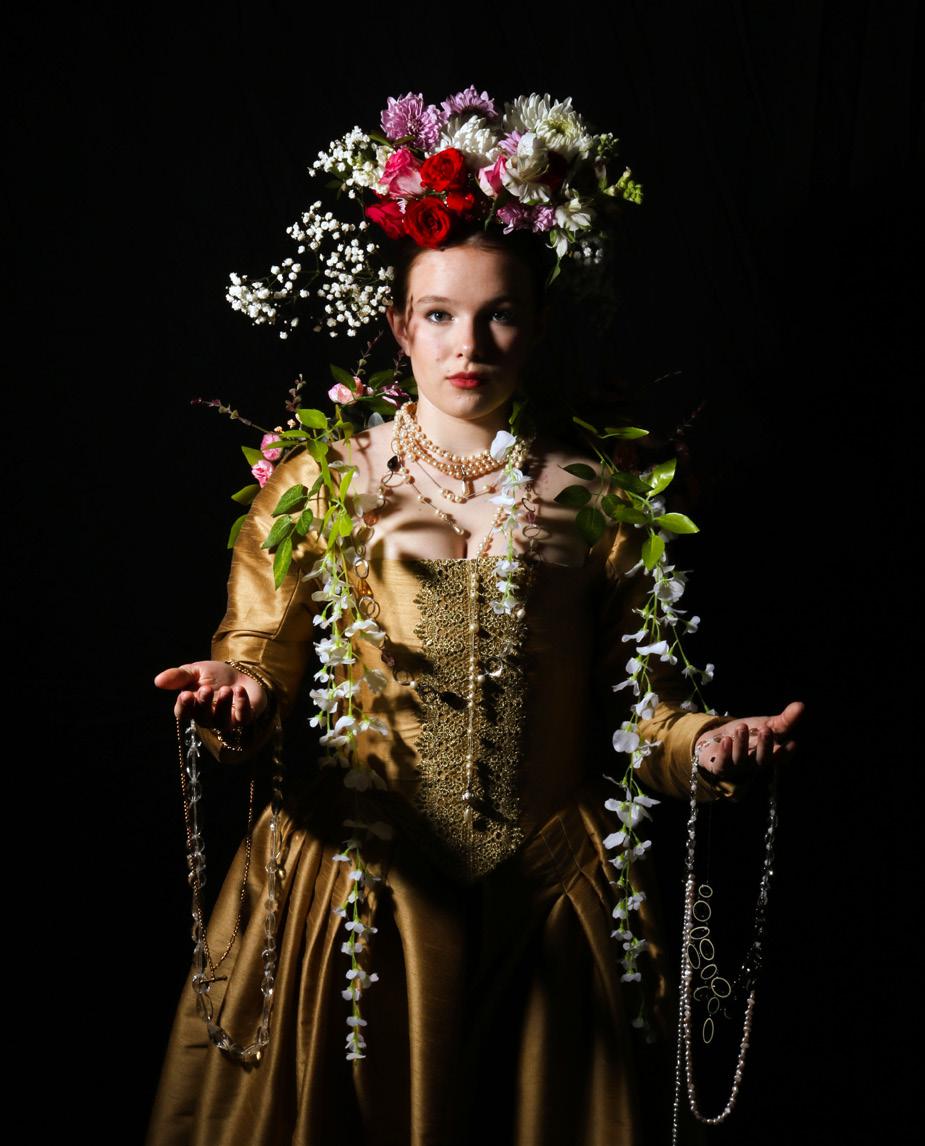

Top: Abstract blue cyanotype, from project on Contrasts, by Tash Bottom Left: On the theme of “Resplendent”, by Willow • Bottom Right: “Emotions”, by Eva



Top Left: Black jaguar, taken at Smarden Big Cat Sanctuary, by Annabel • Top Right: Pink light drawing, by Claudia Bottom: Still image from a video presentation “The human experience”, by Evelyn
Textiles
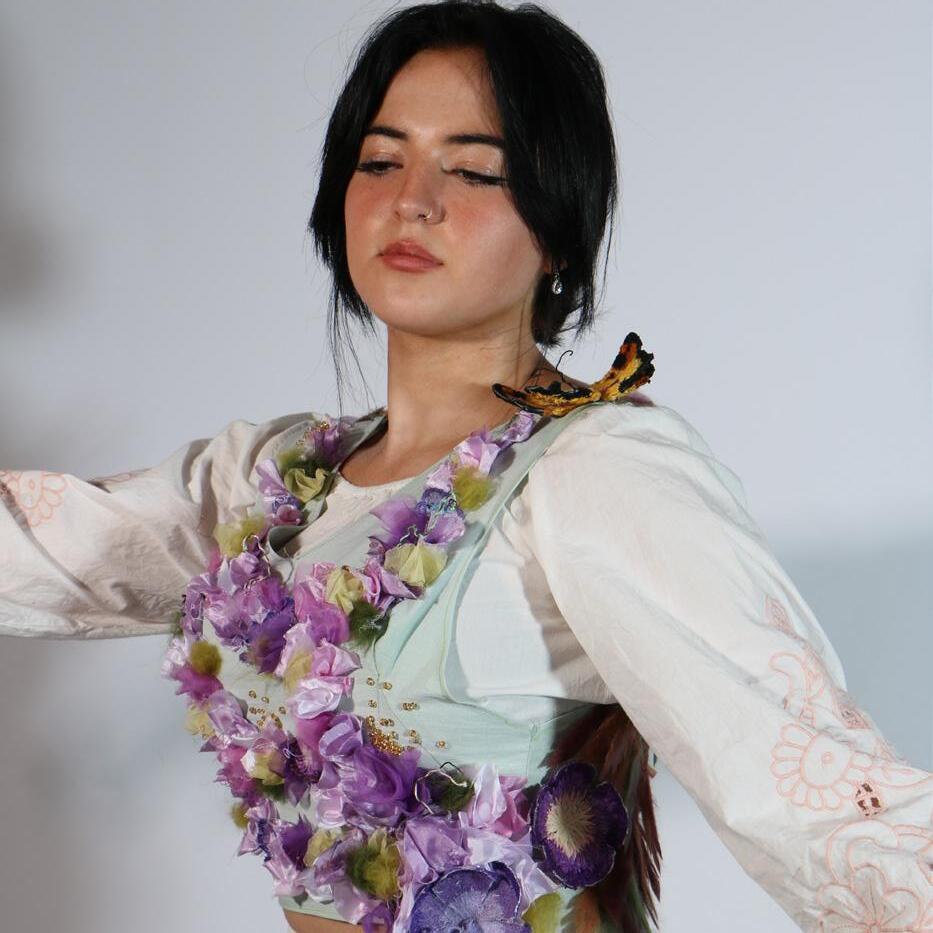



Top: Costume inspired by the TV series Bridgerton, Elle, A Level
Bottom Left: Dress inspired by the film Cruella by Gabriella, GCSE
• Bottom Right: Crochet dress by Bella, GCSE
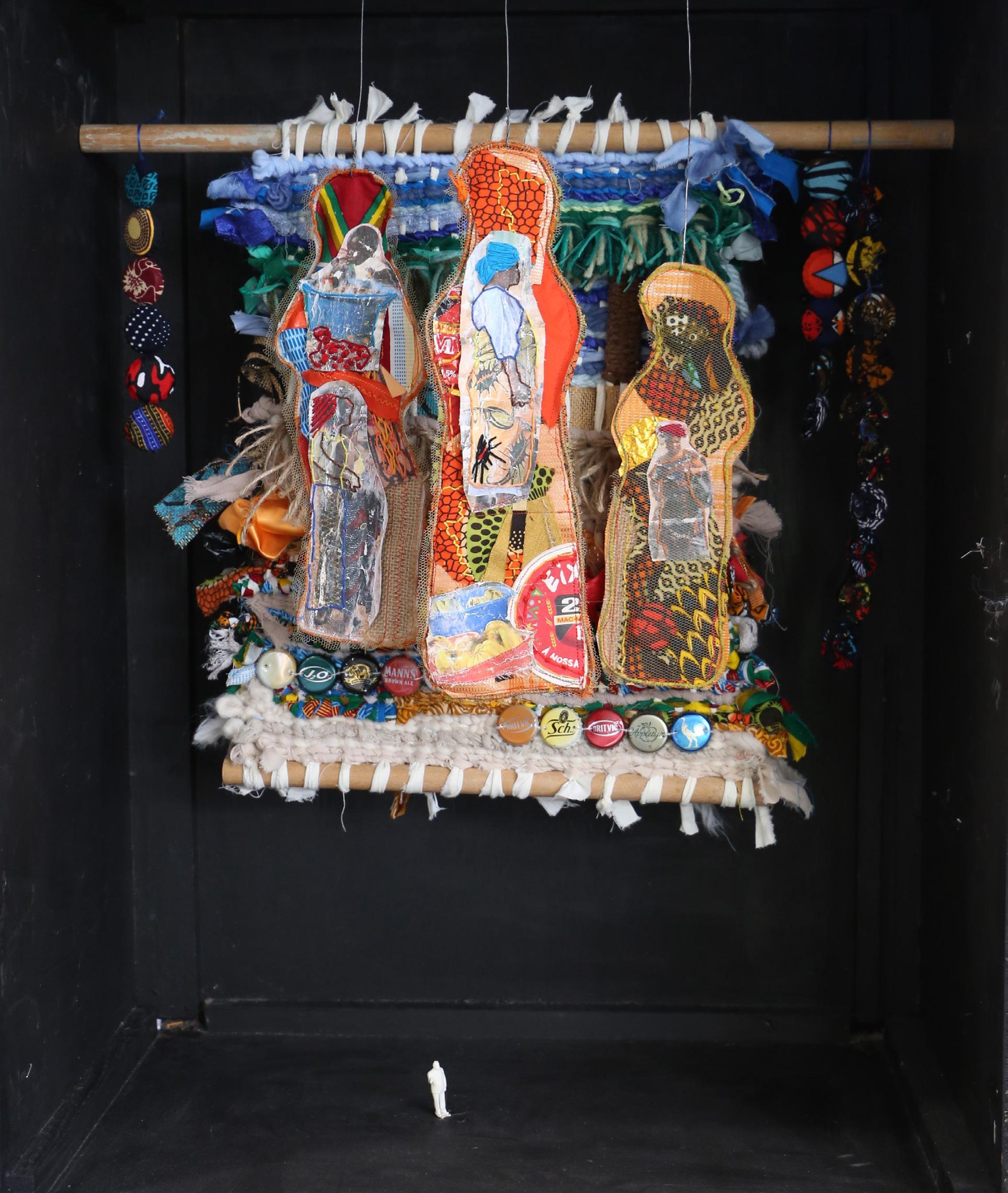
Above: GCSE Textile piece by Jemima: “I intended to create a woven wall hanging using contrasting recycled fabrics to depict the bustle of an African market. The three hanging figures reflect the market community. I was inspired by artists like Cas Holmes, through her use of collage, Australian sisters, Lauren and Kass Hernandez, from their use of large scale, American artist and author, Romare Bearden, through his mixed media and storytelling and lastly Ghanian sculptor, El Anatsui’s installation in the Turbine Gallery at Tate Modern”.

HEAD GIRL TEAM Interview
In the Summer Term the incoming Head Girl, Emily and her deputies Líle and Ella met the current team: Head Girl, Sarah and her deputies, Abby and Olivia to ask about their experiences of holding a leadership role within the school.
LÍLE: WHAT’S BEEN YOUR FAVOURITE PART OF BEING IN THE HEAD GIRL TEAM?
SARAH: Being able to watch how decisions get made, it’s been great to learn how to lead and be part of a team. I think it’s good that you get to work on your own ideas and bring on other people’s ideas and watch them grow. Delegation was something that we learned because people tend to be much happier if they have a job to do.

EMILY: THE HEAD GIRL TEAM NOW ATTEND THE SENIOR LEADERSHIP TEAM MEETINGS WEEKLY. HOW DID THIS COME ABOUT AND WHAT HAS IT DONE FOR SCHOOL DEMOCRACY?
[The SLT comprises the Headmistress, Deputy Heads, Directors of Studies/Operations/Digital Services and Heads of Key Stages 3, 4 & 5]
SARAH: It’s something that Ms Chamberlain was keen on as one of her first changes coming into Wally. She wanted us to be a direct link between the student body and Senior Leadership Team so that we can bring ideas every week.
OLIVIA: I think it prevents really good ideas from getting stuck and not going anywhere and it brings different stakeholders together so we can achieve things efficiently.
ABBY: It provides a slick line of access from the bottom of the school right up to the top.
Left to Right:
Líle, Abby, Sarah, Ella, Emily and inset, Olivia
LÍLE: HAS ANYTHING SIGNIFICANT TO THE STUDENTS ARISEN FROM THESE MEETINGS?
SARAH: A massive job in the first term was helping reshape the student leadership roles. We discussed what we thought would work and how it should be structured.
ABBY: We helped appoint the five committees for next year. A few are already pretty established and we wanted to work on the others, in particular Space2B and Healthy Living. The one that has grown the most this year has been the Arts and Culture Committee: they have done a fabulous job.
SARAH: We got funding for the benches on the front lawn, for students to eat outside on but also as a bookable space for teachers, so students can have some of their lessons outside.
OLIVIA: One of our aims this time last year was to encourage integration between the year groups and what better way to do that than create a multi-purpose space that can be used for so many different things and the Friends and Parents Association really took that onboard.
EMILY: YOU SAW THE HANDOVER FROM MISS FERRO TO MS CHAMBERLAIN, WHAT WAS THAT LIKE?
ABBY: It was really interesting to learn how different leadership styles work.
SARAH: Ms Chamberlain came in when we started being the Head Girl Team so I feel like we shared a process of gaining responsibility with her.
OLIVIA: I remember our first Prayers, none of us knew where we were meant to stand!
ELLA: ANY TIPS THAT YOU CAN GIVE US?
SARAH: Be organised. Make sure you know what you want to cover in your Prefect meetings because it’s easy to chat and go off on a tangent.
Also, remember what it was like to stand in the younger years’ shoes and how they look up to us. Consider your actions accordingly, and by setting an example people will be inclined to follow that.
ABBY: It will get tricky at times, especially around exams, so rely on each other and communicate well. If something is not working then get it out in the open so everything is transparent.
EMILY: HOW DID YOU FIND RUNNING STUDENT COUNCIL?
SARAH: That’s one of my favourite parts actually! The prospect that worried me was the time keeping - there are so many good proposals it meant you could talk for hours. I’ve enjoyed learning how to calmly and kindly move on from a point, so keeping on target with time.
Also having to remain impartial and bite your tongue on your own personal opinions on proposals was something that we had to work on.
SARAH: (ADDRESSING THE NEW HGT) HOW ARE YOU FEELING ABOUT BEING ON THE HEAD GIRL TEAM?
ELLA: Well it’s a bit daunting, that’s a given. But what is nice is that we do have a bigger support system now and we are able to delegate and ask for help. But I’m excited and from what you said, it sounds amazing!
EMILY: I think it will be interesting to learn how the school works and take part in the Senior Leadership Team meetings.
LÍLE: Like the others, it’s a mix of nerves and excitement but looking forward to being able to collaborate with the school as a whole – with both teachers and students.
ELLA: HOW DID YOU FIND BEING THE HEAD GIRL TEAM WITH YOUNGER YEARS?
SARAH: Abby is quite good at this!
ABBY: I’ve always enjoyed being involved with the Peer Mentors. If you’ve always been nice to the younger years then they’ll always say “hi”. I still feel that people are comfortable to come and speak to you, especially in Space2B.
EMILY: We spoke to the Year 7s yesterday and they said they were quite frightened of us! So I think that’s something we should work on!
Sixth Form Leadership Roles 2024-25:
• Head Girl and two Deputies
• Senior Prefect Team (who lead the five committees: Diana Award, Eco-School, Healthy Living, Arts & Culture, Space2B)
• Year 12 Prefects
• House Captains
• Subject Captains
Winners of the Year 7 Enterprise Project

Bursar, Mrs Elizabeth Walsh (left) joined the School in 2024, creating an all-female leadership team with Headmistress Ms Louise Chamberlain and Chair of Governors, Mrs Jayne Adams.
The challenge was to create a business plan for a fashion accessory and present it to judges on our own Dragons’ Den. Harriet, Rika, Bea and Ella were voted the winners with their company “Magnet It”.
School Leadership

Academic Endeavour

Students receiving the first of the “Academic Endeavour” certificates in Prayers in recognition of their hard work.
Extended Project Qualifications
62% of our Year 12s who chose to do an Extended Project Qualification, or EPQ, received an A*. Topics included assessing why Americans still support the death penalty and the evolution of street fashion from 1990s-2020s.


DIARY OF
A Delegate to the Model United Nations
Researching a brief, public speaking in front of strangers, learning about diplomacy and international relations; taking part in the Model United Nations is a big learning curve!
Five Year 12 students went with Head of Politics, Ms Windle to the London School of Economics for this three-day event. They had to represent a country and solve problems with other student delegates from around the world. They also found time to write a diary.
In the Opening Ceremony, we are given advice on being a good diplomat: look for what’s in common even if it’s tiny; try to make that bigger and celebrate small wins. We take this advice seriously.
The Secretary-General sings in the LSE Chamber Choir to entertain us; the students behind us annoy us. The infamous Alberto from Milan [who was friendly with last year’s Wally delegates] tells us about Rules of Procedure. His hair has grown longer.
In Committee, Saira’s fun fact that France hasn’t won the World Cup since 2018 gets the most laughs.
Imogen gives a fiery speech on Algeria’s position on selfdetermination vs. sovereignty in the Western Sahara even though nobody’s exactly sure what the delegate of Chile meant when he proposed his motion.
Friday 15th March 2024
We are nervous!
The chairs from SPECPOL [Special Committee on Decolonisation] haven’t followed through on anything on time. DISEC [The Disarmament and International Security Committee] have a slack communications channel and Instagram. Annie is already having full blown conversations with the delegates flying in from Thailand and the delegate from New Zealand. He is a sergeant in the Thai army.
Everyone takes a dislike to the delegate of Canada, especially after he tried to ditch the topic everyone had prepared for. The delegates of Italy and South Korea are very cool.
No one notices Krysia’s mistake about Bahrain until she points it out herself.
Madeleine gives her Opening Speech as Israel and is swarmed by delegates after the session.
The social is quickly abandoned in favour of [restaurants] McDonald’s and Itsu. Saira breaks her Ramadan fast with hot chocolate, an apple pie, french fries, veggie wrap, Coca Cola.
Saturday 16th March 2024
We had such high expectations on the train ride into London. Krysia did her speech! She was excellent.
China let us down, Armenia has let us down, our Chairs have let us down, no one is following their foreign policy. At lunchtime, the delegates are so desperate to get out, one delegate pulled down the WHO security barrier.
Canada and USA worked together on a draft resolution when they shouldn’t have been and then accused others of kicking them out of the Google doc. The hypocrisy!
Another delegate equated the Western Sahara to Ireland and the delegate from Canada accused him of racism. The delegate of Germany abandoned the conference to watch the Tottenham and Fulham match.
Imogen and Saira made friends with the other most intelligent delegates on the committee, Italy and UAE, but this still does not stop their determination to avoid Canada and skip the social.
On the train ride home, we are assaulted by drunk footballers; Madeleine saves Krysia’s life. It has been a long day, but we’ve kept to our goals:
• Madeleine spoke more than expected and is the author of the draft resolution
• Saira answered lots of Point of Information* and educated one of the delegates on Arab culture
• Annie opened a moderated caucus and spoke extremely well on three different occasions
• Imogen thought on her feet, exposing flaws in the delegate of UK’s foreign policy
There is no discussion of attending the evening social. We are too tired. Instead, we head for Itsu.
Sunday 17th March 2024
We get to sleep in for 20 minutes but we are still sleepy. Imogen has to learn about Algeria’s space programme on the train. Krysia’s goal is to make another speech and make friends with people on the Committee (And she does! The delegate of Pakistan and the students who flew in from Portugal seek her out).
Annie wants to open a moderated caucus (success!). Saira wants to speak without notes and ask more questions, which she does. Madeleine wants to get her resolution passed. We go to Itsu (again) for lunch.
The irritating delegates are still irritating. SPECPOL manages to debate another resolution before lunch. Imogen and Saira were on the list for best-dressed in their committee. DISEC’s chairs keep them on task until the very end.
Alberto comes into SPECPOL and when Saira asks about certain Wally Hall delegates last year, he blushes. Annie and Krysia have managed to track down their assistant Chair on Instagram and he has followed them both. The new Alberto!
Madeleine does not get her resolution passed but the Chairs remark that the best resolution with the most practical solutions can fail in a popularity contest of resolutions - hopefully this is not what happens in the actual United Nations.
In the Closing Ceremony we listen to two hours of speeches and finally awards are given out. Madeleine wins one!
It is St Patrick’s Day and a fellow playing loud fiddle music on his phone sits next to us on the tube, playing it over and over. Saira and Ms Windle move. Ms Windle leaves Saira at Sevenoaks station - and then there is only one to catch the train home.
* In competitive debate, a point of information is when a member of the team opposing that of the current speaker gets to briefly interrupt the current speaker, offering a POI in the form of a question.
As told by: Madeleine, Saira, Krysia, Annie and Imogen.
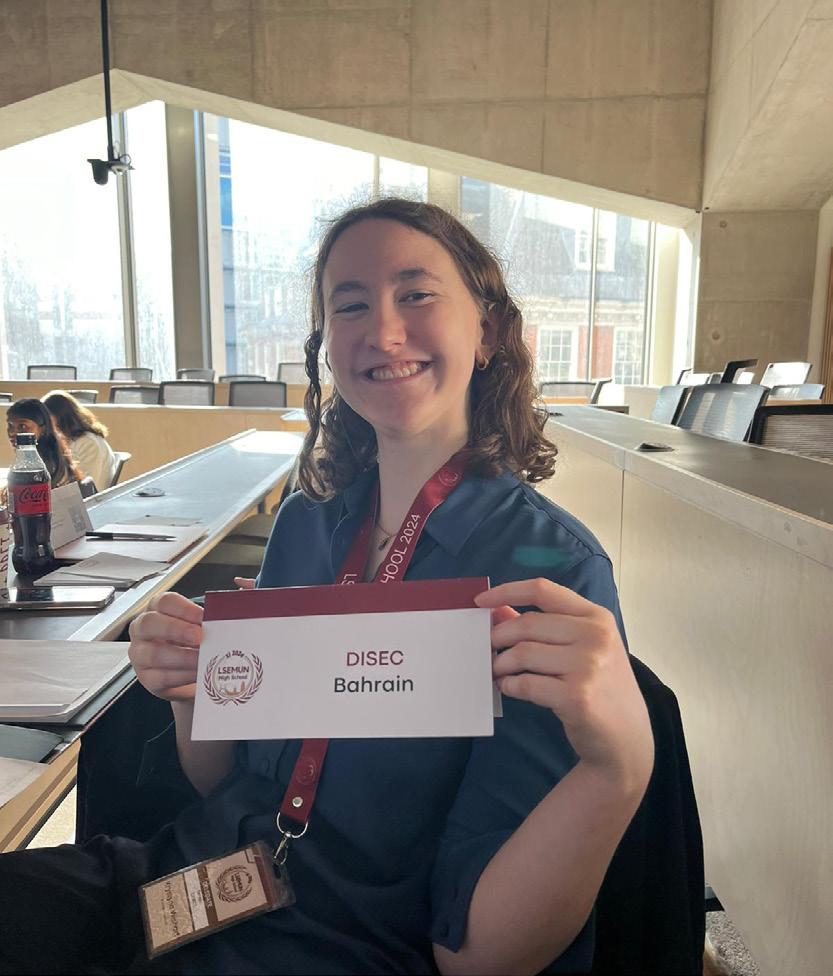
Krysia was Bahrain’s delegate to the Disarmament and International Security Committee
Drama
A Level Drama students perform in front of external examiners in The Ship Theatre, which counts towards their final grade


Top: Year 12 perform their devised play, In The Walls Bottom: Year 13 perform Brief Encounter
Peter Pan
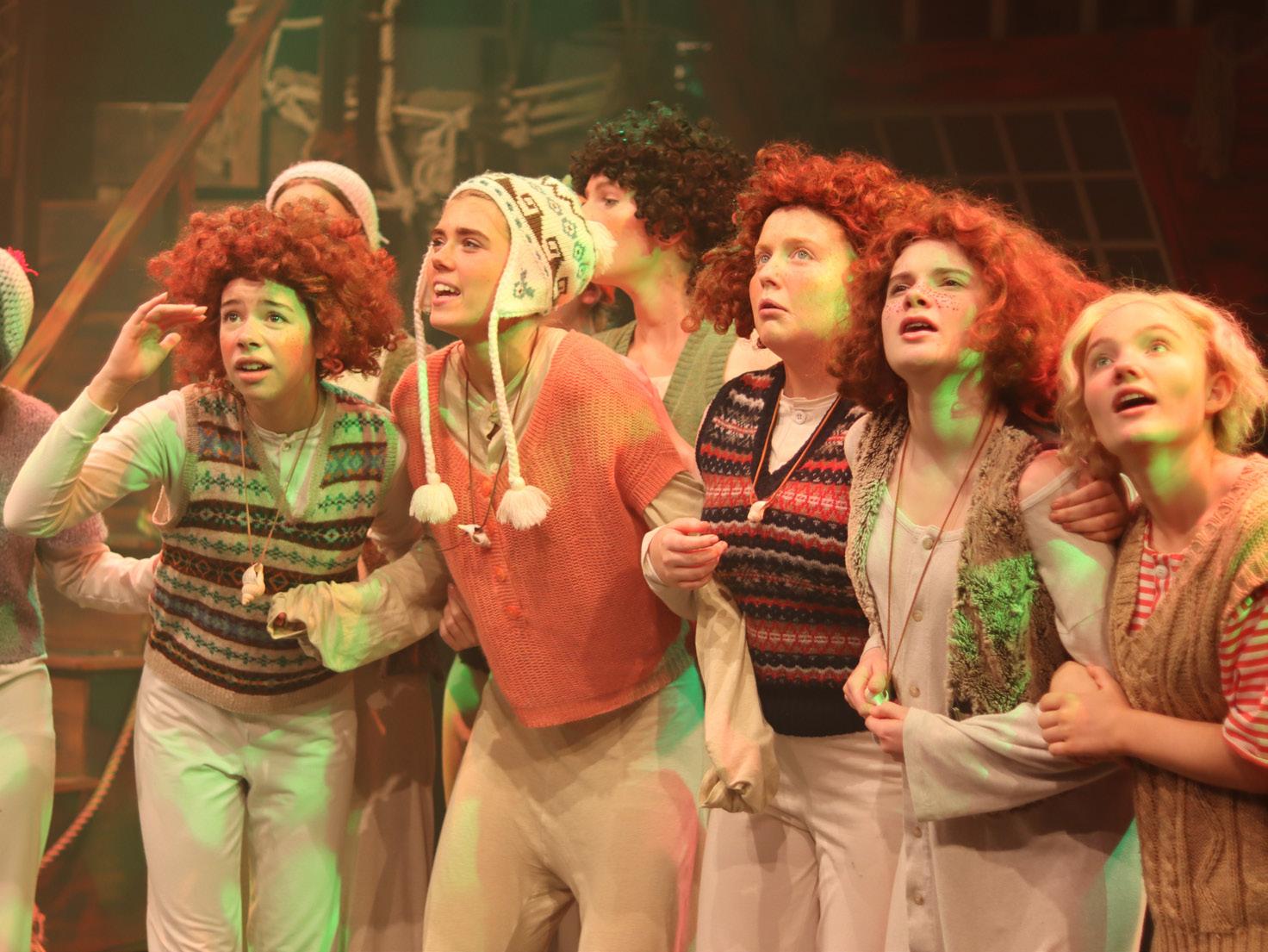


The Autumn Term Drama production for Years 10-13 saw nearly a quarter of the School involved either as cast, crew, in the band or helping out backstage with costumes and makeup. Top: The Lost Boys, Bottom: Pirates, Inset: Peter Pan


Year 10 GCSE Drama students perform their devised plays to an enthusiastic audience at nearby St John’s Primary School
Year 11 GCSE Drama students perform The Unfriend in The Ship Theatre
The Wind In The Willows
Riverhill Himalayan Gardens provided the perfect backdrop for our Year 8-9 summer play



Science
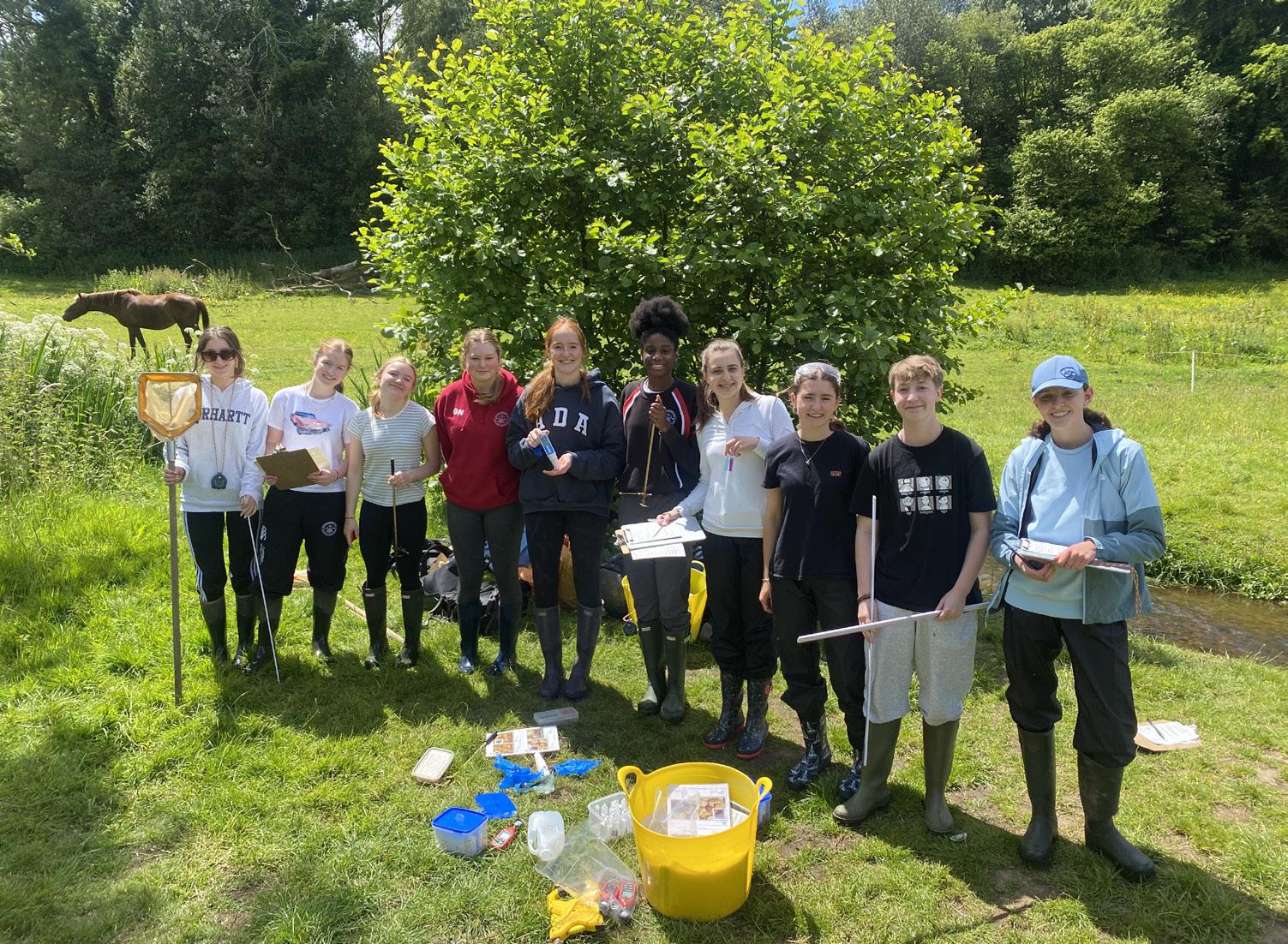
Year 12 Biology students carried out A Level practicals on a residential trip to Juniper Hall Field Studies centre in Surrey. Here, they investigate the effect of an abiotic factor on the abundance of shrimp in the River Tillingbourne.

Year 9 students drove our Greenpower Car in Physics lessons to demonstrate Newton’s laws of motion and to allow classmates to plot distance-time graphs.
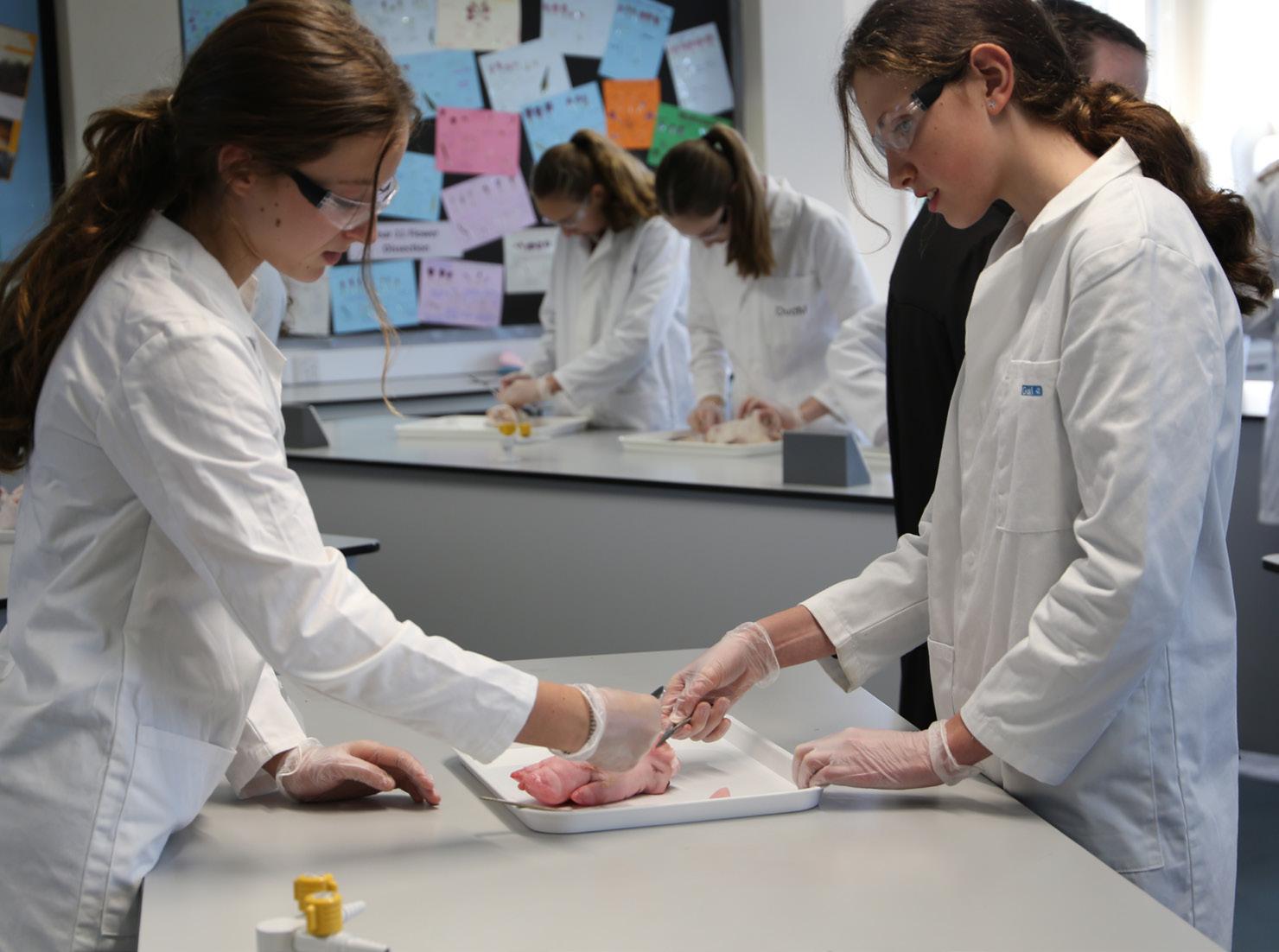
Science Week this year was about Space; fun challenges open to everyone in the Science labs at lunchtime showed us how important Space is in everyday life.

The popular co-curricular Dissection Club saw students dissect animal parts including a pig’s trotter, a lamb’s brain, a mackerel and a sheep’s eye.


This photo of the sun was taken at Walthamstow Hall on 7 May 2024 on our Seestar S50 telescope with built-in camera. The sunspots in the image are larger than the size of Earth and were ultimately responsible for us being able to see the Aurora Borealis three days later on 10 May 2024.

CHAMPIONING SCIENCE SCHOLARSHIP
Science Captains, Hannah and Millie help prepare Science Week and lead workshops with our own Junior School pupils and children from other local primary schools. They also put together the annual departmental newsletter and this year wanted to include science articles written by fellow students.
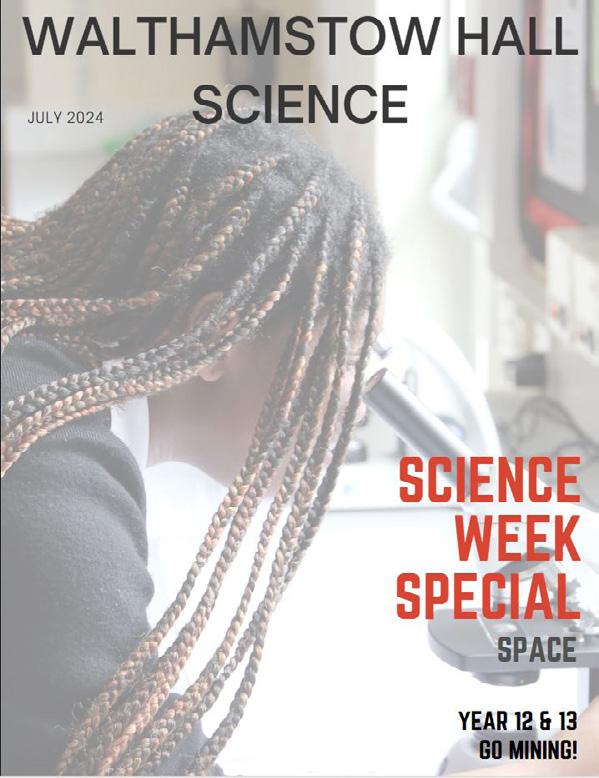
MILLIE: This year the Academic Scholars were asked to write an article to help them develop their knowledge on a topic they found interesting.
HANNAH: We wanted to celebrate some of the articles written about Science subjects. The articles were sent to [Director of Studies] Ms Evernden and [Headmistress] Ms Chamberlain but we wanted to put extracts of them somewhere to show how much work people put into it.
MILLIE: I asked students if there was any bit they were proud of in the essay they would like included. We included parts of our own essays too!
DO THE CONSUMER BENEFITS OF USING SYNTHETIC POLYMERS FOR PACKAGING OUTWEIGH ITS EFFECT ON THE ENVIRONMENT?
Not only do these synthetic polymers slowly leach harmful chemicals in the soil, their longevity and non-biodegradability means new landfills will be a constant need as synthetic polymer use continues to grow. Their versatile nature and durability make them indispensable, prompting its high demand and use globally. In 2017, over 320 million tons of polymers, excluding fibres, were manufactured across the globe. Bakelite, the first synthetic polymer produced in 1907, was formed from resin, which is the raw material for the production of plastic products. Polyethylene (PE), polystyrene (PS) are the most commonly used resins which are used in packaging. The degradation of polymers by microbes undergoes several steps of mechanisms like, aerobic biodegradation and the release of oxidative enzymes by the microorganisms or the exterior agents which can cause damage to the environment.
Hannah
EPIGENETICS – IT DIDN’T START WITH YOU
Bruce Lipton’s work on cellular memory supports the emerging field of epigenetics – the study of heritable changes in gene function. For example, the child of a parent who had lived their early ages in a war zone could inherit the impulse to flinch or recoil in response to loud noises.
In a simpler way, we get aspects of our grandmother’s mothering through our own mother. The traumas our grandmother went through in her childhood, and throughout her life, filtered through, in some degree, into the mothering she gave our mother. If you were to look back another generation, it would occur here too. Epigenetics is a field becoming more promising as of the potential to regulate gene expression without changing the DNA sequence. It could change the genetic code of all cells in the body to prevent them from becoming cancerous.
Esme
WHAT MAKES PRIONS SUCH UNIQUE AND DEADLY PROTEINS AND SHOULD THE PUBLIC BE WORRIED ABOUT THEM?
Although sporadic disease is the most common in humans, the transmissible form has attracted the most media attention. In the 1950s in Papua New Guinea, cases of a new prion disease emerged in humans. It was traced back to the Fore People’s ritualistic cannibalism, involving the consumption of deceased family members’ brains. If the deceased had a prion disease, it transmitted to the person consuming the brain, proving fatal (unfortunately they bit off more than they could chew). This historical practice, while fascinating, should be of no concern for today’s readers.
Although, there is one prion disease, BSE or “mad cow disease”, that terrified the British public during the 1980s and was caused by a change in how cattle were fed. Farmers started feeding cows with meat and bone meal containing cattle brains which created a perfect environment for the spread of BSE. During this epidemic, more than 160,000 cows perished in the UK as a result, prompting a change in feeding methods that helped curb the epidemic. However, the repercussions were felt a decade later when prion infected meat consumed by humans resulted in 178 fatal cases of a new disease called ‘variant CJD’ among teenagers and young adults. This was especially frightening considering most previously recorded cases of prion disease affected people aged 60 and over.
Emily
ARE ALL THE EFFECTS OF SMOKING NEGATIVE?
Smoking is shown to be very bad for your telomere health with telomeres shorter in those who smoke. A study looked at the length of telomeres in white blood cells in over 1,000 women and they found that each year of smoking, 18 percent of the length of telomeres is lost. A 2003 study looked at death rates and telomere length showing that people with shorter telomeres have the highest mortality rate. People with shorter telomeres also show signs of poorer cognitive function and more symptoms of ageing-related diseases. This shows that smoking has negative impacts on the body which could lead to early death showing that smoking cigarettes is a negative habit and isn’t beneficial to leading a healthy life. Smoking, finally, can heavily damage your heart with smoking increasing the chance of coronary heart disease by 48% in men and 57% in women. The build-up of plaque causes heart attacks which are very dangerous and can lead to death. The bigger risk of a heart attack shows that smoking has an adverse effects on your health and is not a good habit to have.
Milly
Psychology
Psychology was offered in the Sixth Form for the first time in September 2023 and it is already the most popular subject at A Level.
The AQA course is a complete introduction to the subject, going from zero to undergraduate in two years. In the Summer Term, A Level Psychology students visited the London Neurodegenerative Diseases Brain Bank at King’s College London to look at some real human brains. The visit complemented the topic of Biopsychology that they were studying at the time.
Sixth Form Psychology Captain, Ava describes what they saw:
“We were taken to the laboratory where we had to put on lab coats and goggles. They then lifted out two human brains from white plastic buckets for us to look at. It absolutely stank!
One was a healthy brain and the other was a brain with Alzheimer’s and we were able to see the difference first hand, which was remarkable.
A human brain looks like a sort of intestine, I think, all squished in together. In the Alzheimer’s brain there were physical gaps the width of a finger between the intestine bits. In the healthy brain there were no gaps.
We were shown that to test the brain for certain things they slice it into miniscule pieces, to prevent contamination and then place the pieces under the microscope. They let us look at the samples down the microscope.
We then went to where they store the brains. There were about ten ceiling-to-floor freezers full of parts of brains, all segmented and kept at very low temperatures. Apparently they have the most human brains held in one place in the whole of Europe there.
It was an incredible experience, never to be forgotten. We then ended the day with a nice Nando’s.”
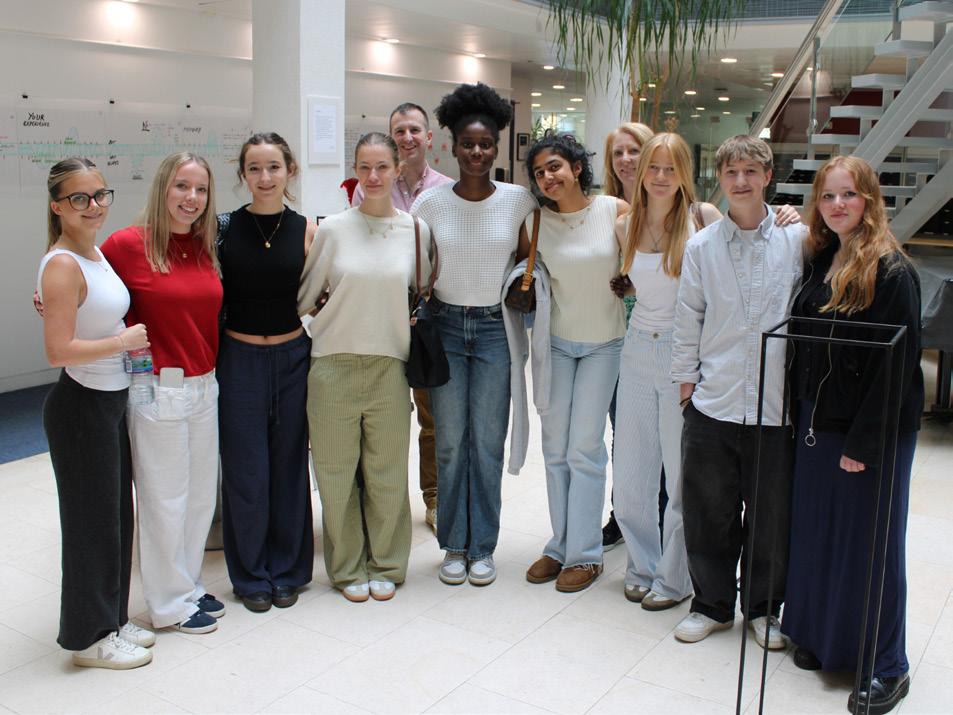
Above: The first A Level Psychology class visited the London Neurodegenerative Diseases Brain Bank at King’s College London
Psychology teacher, Mr Stephen Goffredi explains the appeal of his subject:
“It’s very interesting and applicable and it’s also something new and different for the students. Nationally, Psychology is in the top three most popular subjects at both A Level and at degree level.

Psychology applies to everything; anything that involves humans involves Psychology at some level. I always get asked, what job can you do with this subject? And I say: “Name any job that involves people or animals – there you go!” Why do people think, behave and act in the way that they do?”
LIFE IN
Sixth Form
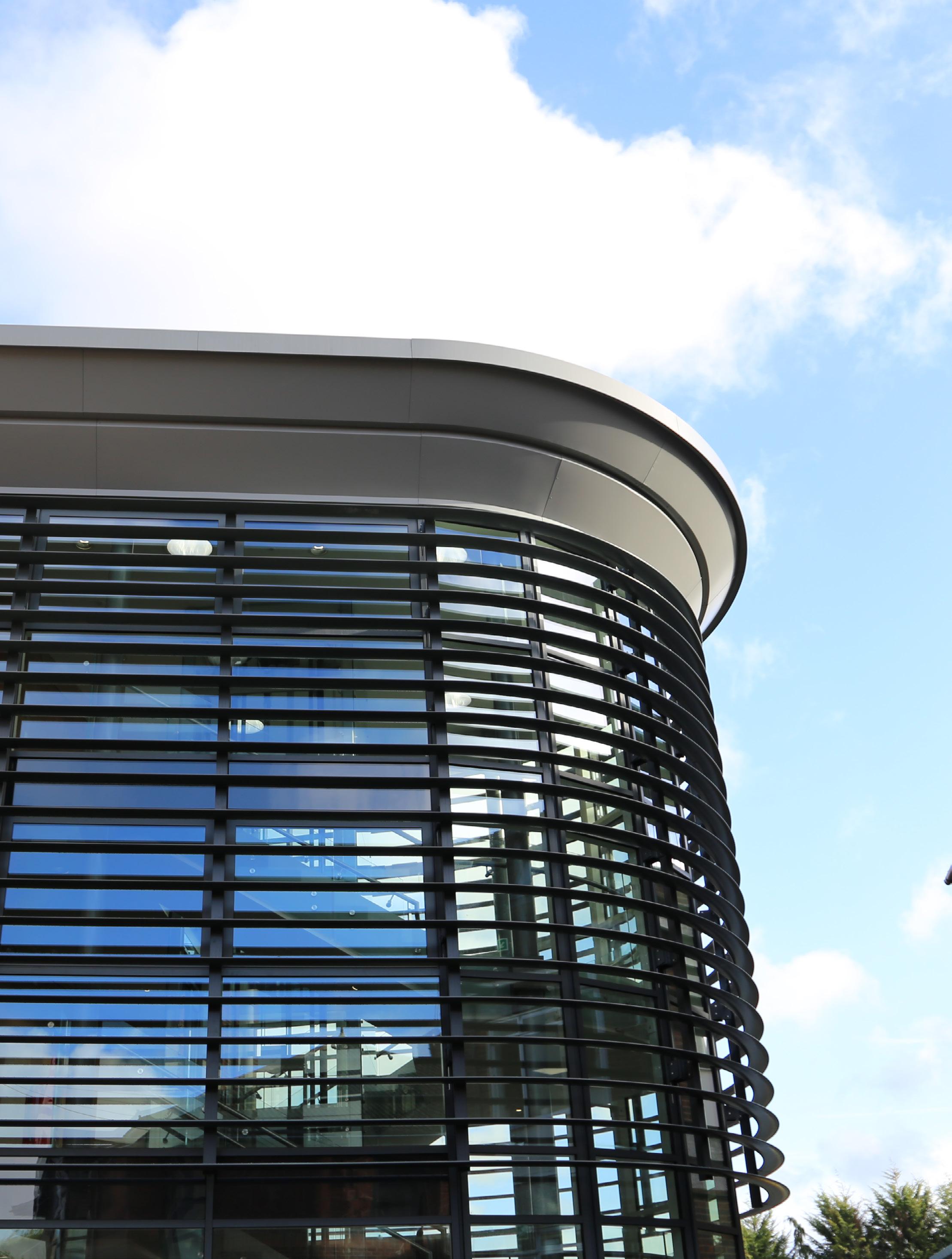
Six new subjects are offered at A Level:
• Photography
• Psychology
• Philosophy
• Politics
• Business
• Economics
Year 10 students are offered a “Sixth Form Experience Day” to try out the new subjects that are available to them to study at A Level. They also hear from current Sixth Formers about the greater freedoms and responsibilities that come with life in the Lang Centre. Olivia in Year 10, gave CODA her feedback on the day.
NEW A LEVEL SUBJECTS:
Prior to our Sixth Form Experience Day, we were presented with choices on all the new subjects available to us. With my own taste for humanities, I chose Politics, Philosophy and Economics, though I found myself sampling other subjects like Business and Psychology too.
What I found interesting about the taster subjects was how much more readily they could be applied to real life situations than many subjects or topics at GCSE. For example, during Economics, we were walked through Labour government plans for raising tax on products like alcohol, the issues of Green Belt construction sites, NHS debt and more.
Tackling more mature problems, while still within a classroom environment, eases you into the reality of the world as a whole and how academic understanding contributes to it. It makes you consider your role as an individual and how your future career might one day impact society (which is a both daunting and exciting thought).
TO EPQ OR TO NOT EPQ?
The jump to A Level forces you to think more deeply about what you enjoy studying as the sheer amount of content for each subject demands your genuine interest and your dedication. Sixth Form students highlighted the independence that A Level requires – often your own research and additional effort outside the classroom is what contributes to your greater understanding of the subject.
However, the idea of an EPQ goes a step beyond just researching and referencing. While equivalent to half an A Level, it allows you to develop your own academic interests outside the confines of a single subject, which in turn can help build on your ideas about careers or plans for university.
LIFE IN THE SIXTH FORM
We learnt that during lunchtimes and breaks, you’re free to venture out and exercise your freedom until lessons start again. In your free periods, you can leave school to make a start on things like driving lessons, which builds on the independence that the rest of your Sixth Form experience offers. If you want to run to be part of the Head Girl team, you can expect a lot of contact with the senior members of the school as representatives of the student body.

Newsletter
ARTS & CULTURE
A colourful student-led magazine
dropped into our email boxes at the end of the Autumn Term 2023.
Year 13 students, Willow and Evelyn were Chair and Media-Coordinator of the new Arts and Culture Committee. They wanted to showcase all the arts in School in a newsletter. After creating an editorial team from the Sixth Form and Year 7, they produced two editions over the course of the School year. They told CODA what they learnt along the way and what is next for them.
EVELYN
I had a lot of fun designing the pages and having different themes for every section. I had to learn to use the desktop publishing and layout software, InDesign and combine that with Photoshop.
WILLOW
I had to learn how to organise a group of people! Organising times to meet each week and getting people to actually do it. It takes persistence, but I’ve definitely enjoyed it. It’s hard organising people in your age group, because you have to try to get them to do things but not in a way that seems like you want to take over.
EVELYN
I’ve been really surprised by how well people have been able to articulate what goes on in lessons and the clubs they’re doing. Also by how much they wanted to say, they really wanted to talk about what they were doing in Art.


WLLOW
I want to study Classics at university. Then my plan is to do a masters in fashion and go into the creative industries, so this has been great for that, seeing if my interests really do lie that way.
For my EPQ I created a streetwear magazine and I did all the photography in that. It was a good thing to prepare me for this Committee and for the future.
EVELYN
I’m hoping to do a degree in digital film technologies. I’ve had a strong focus in the creative industries for a long time now. I want to take it down a more technical route because I’ve been making creative films in my own time, the Sixth Form has allowed me to do so many creative projects. I want to do a degree that broadens my horizons on technical software and how I can use that in the creative industries.
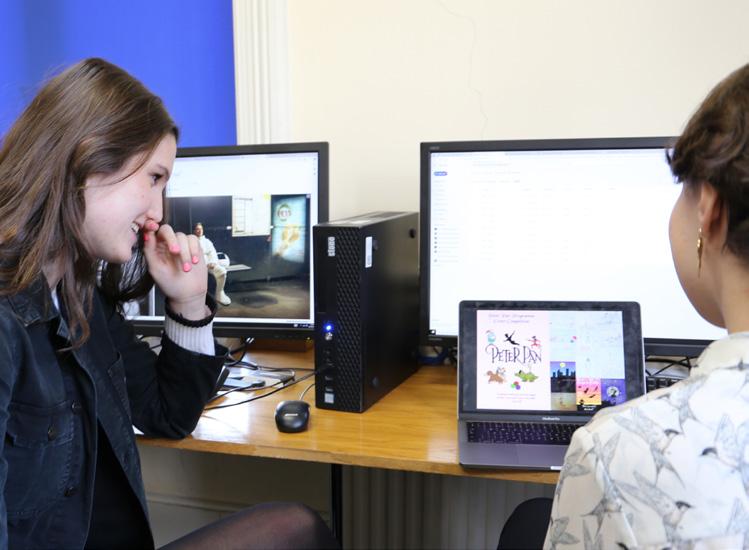

Newsletter
ARTS & CULTURE
A wonderful student-led magazine dropped into our email boxes at the end of the Autumn Term 2023.
A wonderful student-led magazine dropped into our email boxes at the end of the Autumn Term 2023. Year 13 students Willow and Evelyn were the first leaders of the Arts & Culture Committee and decided the best way to showcase all the arts School would be in a newsletter. They created a team from their own year, with some Year 12s and Y7s too and produced two editions over the year. They told CODA what they learnt along the way.
EVELYN
I had a lot of fun designing the pages and having different themes for every section. I had to learn to use In Design and combine that with Photoshop.
WILLOW
I had to learn how to organise a group of people! Organising times to meet each week and getting people to actually do it. It takes persistence, but I’ve definitely enjoyed it. It’s hard organising people in your age group, because you have to try to get them to do things but not in a way that seems like you want to take over.
EVELYN
I’ve been really surprised by how well people have been able to articulate what goes on in lessons and the clubs they’re doing. Also by how much they wanted to say, they really wanted to talk about what they were doing in art.


Q: What are your plans for the future?
WLLOW
Classics at university for me. The plan is still to do a masters in fashion and go into the creative industries, so this has been great for that, seeing if my interests really do lie that way. For my EPQ I created a streetwear magazine and I did all the photography in that. It was a good thing to prepare me for this committee and for the future.
EVELYN
I’m hoping to do a degree in digital film technologies. I’ve had a strong focus in the creative industries for a long time now. I want to take it down a more technical route because I’ve been making creative films in my own time, the Sixth Form has allowed me to do so many creative projects. I want to do a degree that broadens my horizons on technical software and how I can use that in the creative industries.

Ar ts & Culture




Newsletter
ARTS & CULTURE









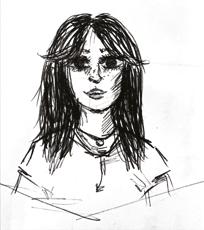


















Newsletter
ARTS & CULTURE
dropped into our email boxes at the

A wonderful student-led magazine dropped into our email boxes at the end of the Autumn Term 2023. Year 13 students
Culture Committee and decided the best way to showcase all the arts School would be in a newsletter. They created a team from their own year, with some Year 12s and Y7s too and produced two editions over the year. They told CODA what
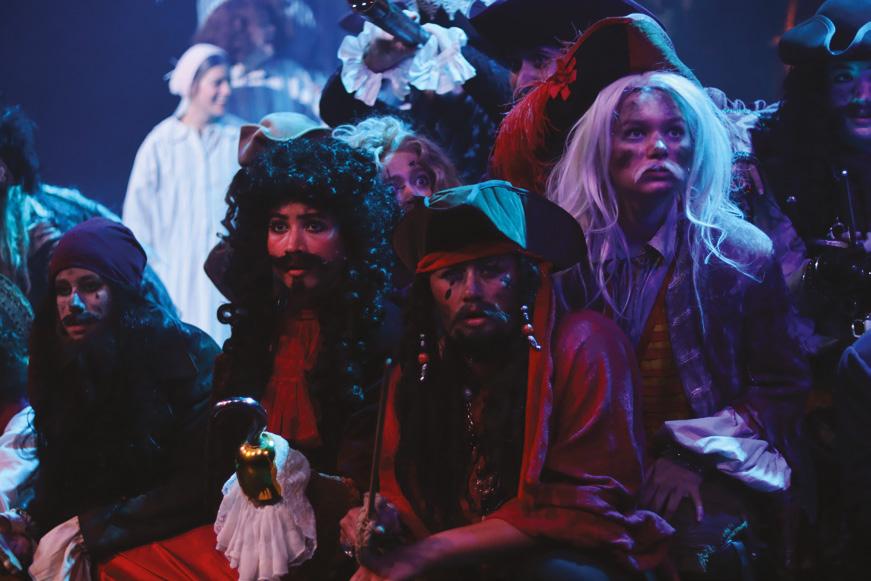
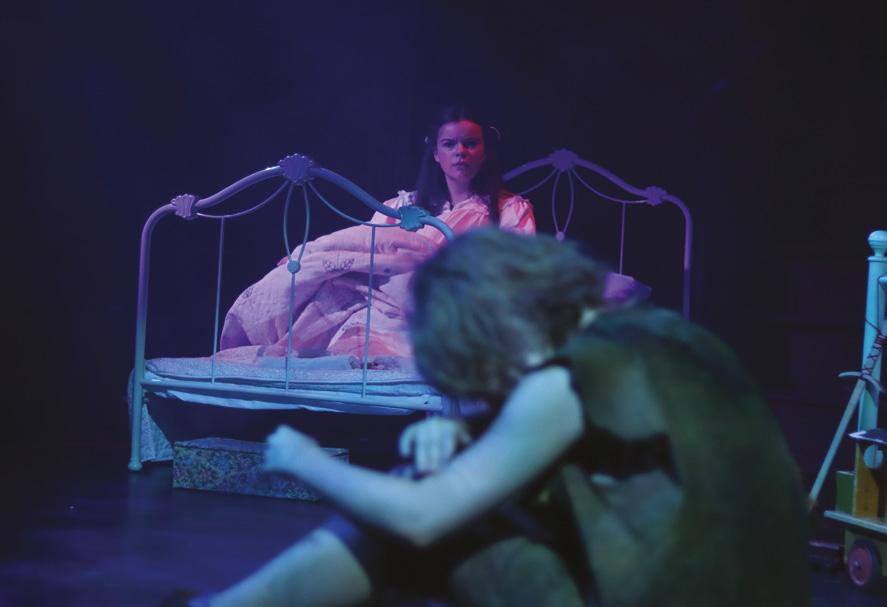

Q: What are your plans for the future?
WLLOW
Classics at university for me. The plan is still to do a masters in fashion and go into the creative industries, so this has been great for that, seeing if my interests really do lie that way. For my EPQ I created a streetwear magazine and I did all the photography in that. It was a good thing to prepare me for this committee and for the future.

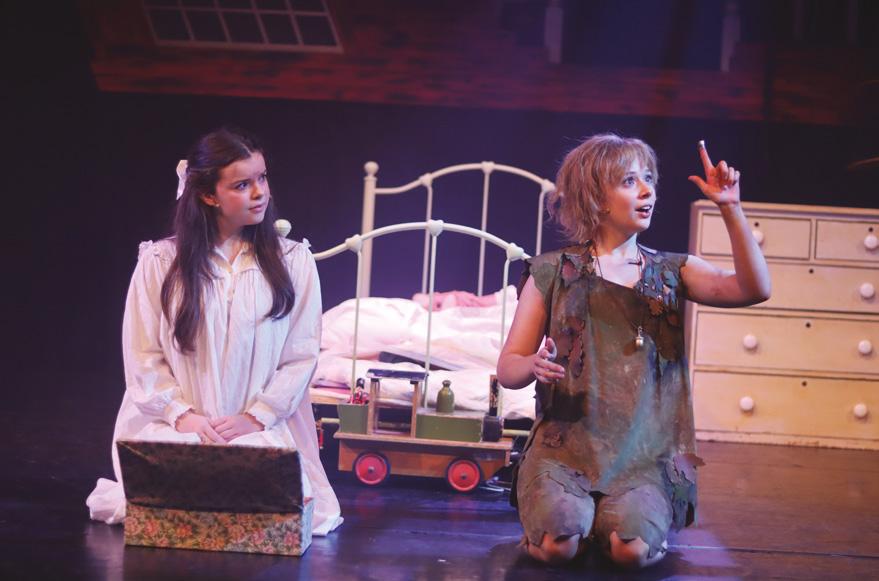
EVELYN
I’m hoping to do a degree in digital film technologies. I’ve had a strong focus in the creative industries for a long time now. I want to take it down a more technical route because I’ve been making creative films in my own time, the Sixth Form has allowed me to do so many creative projects. I want to do a degree that broadens my horizons on technical software and how I can use that in the creative industries.
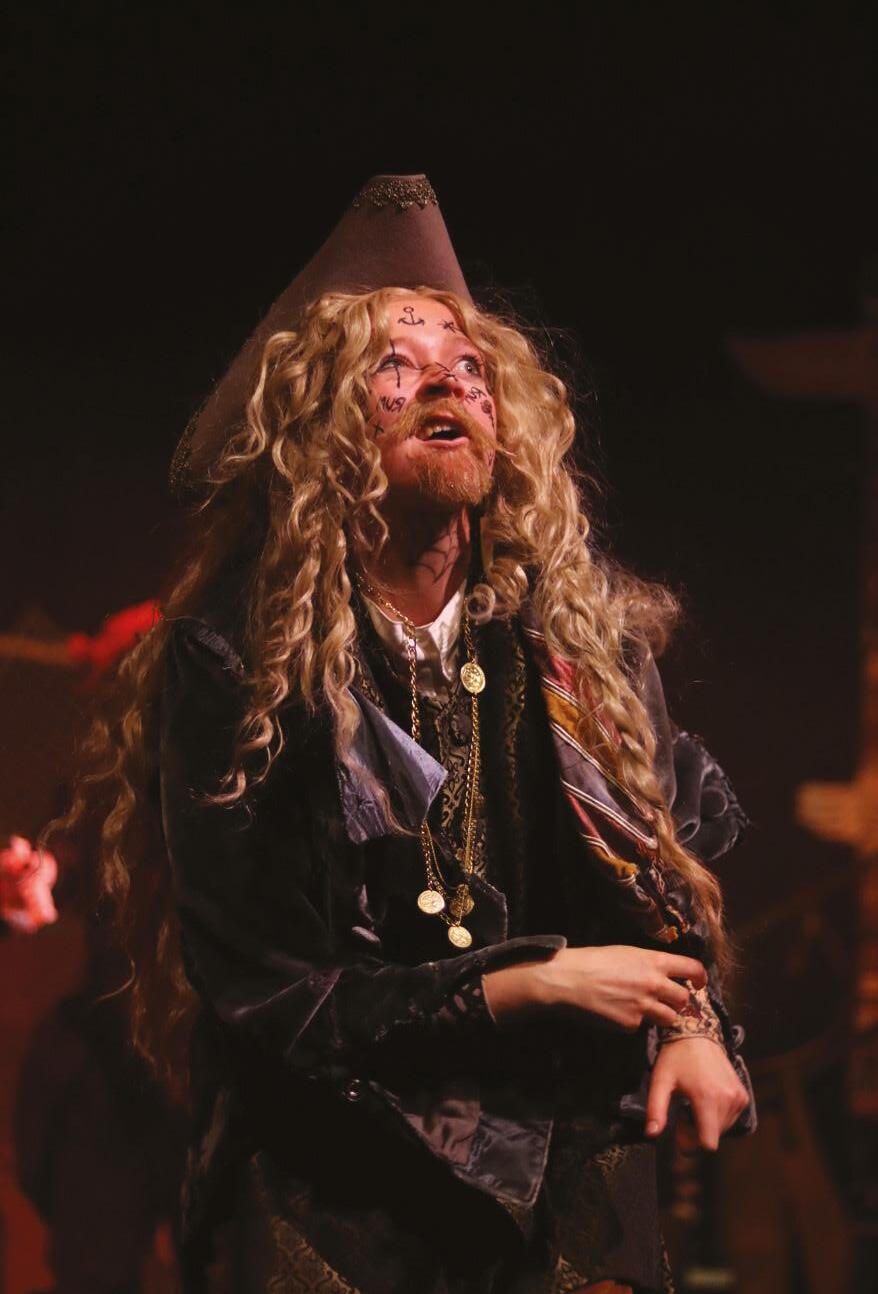
Peter Pan
‘I have taken part in the annual productions since Year 9, both on stage
get away from the stress of school life, as well as create special memories with the cast and crew.’ - Elizabeth Y13

INSERT TO BE INCLUDED HERE




Newsletter
ARTS & CULTURE

Peter Pan Programme Cover Competition
‘I enjoyed making it and I’m happy to have won and to show my skills’
-Eva Y8



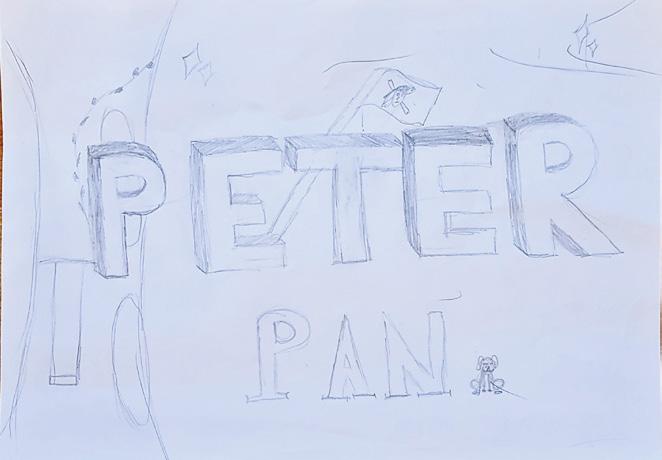



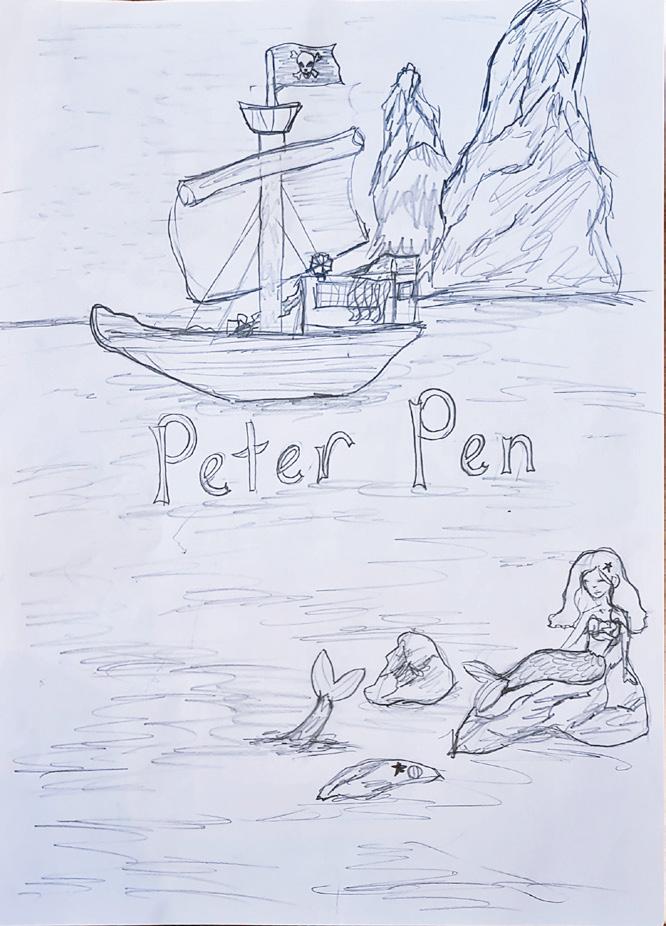
INSERT TO BE INCLUDED HERE
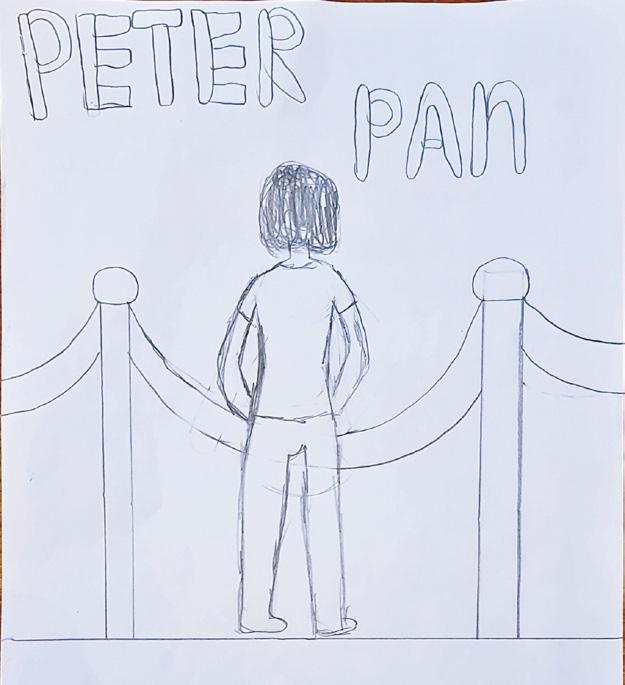
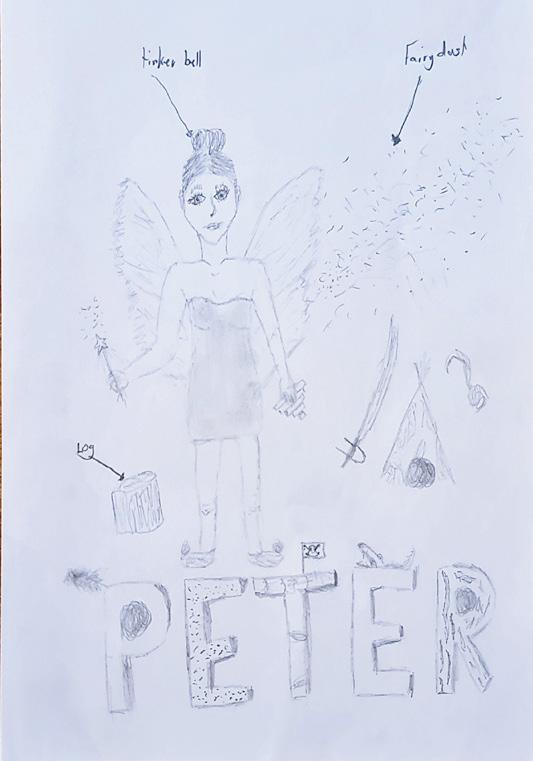

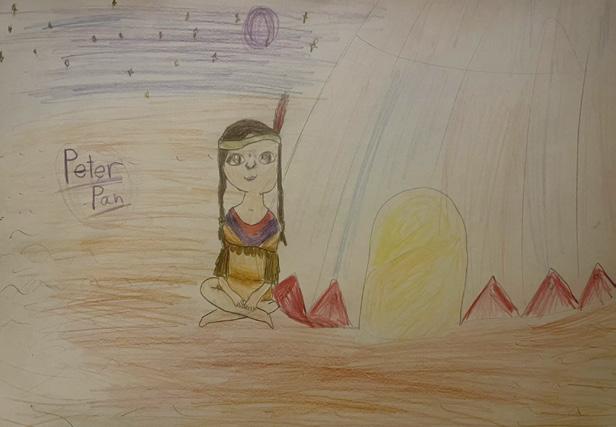


Newsletter
ARTS & CULTURE

STAGE & SCREEN

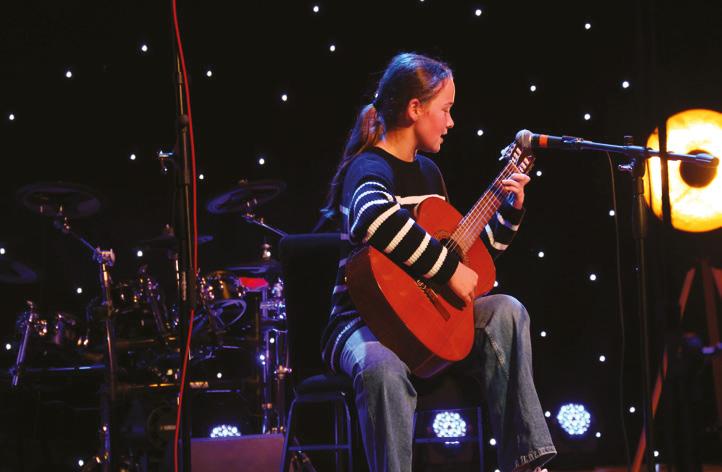
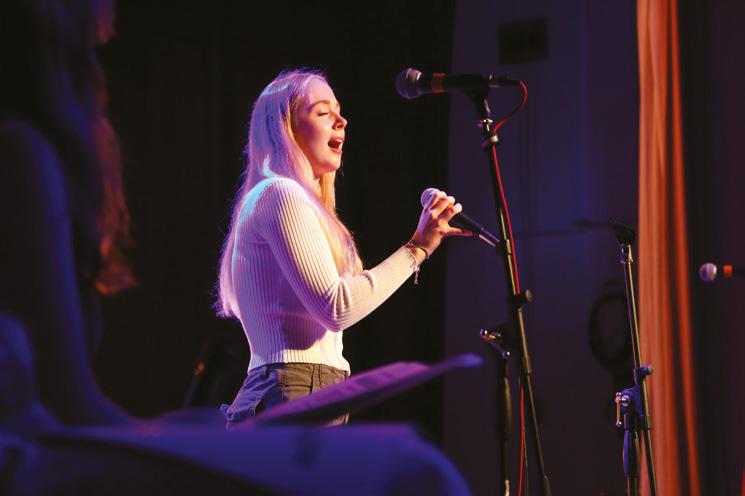
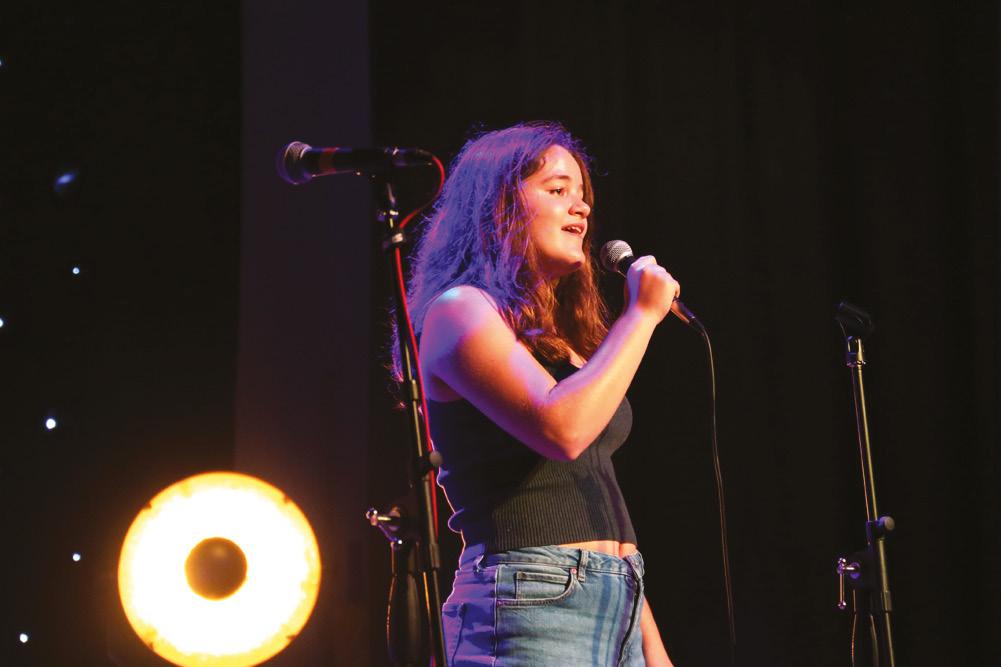
"Stage and screen is a great event, supporting the Umoyo Project. I took part in it because it was a great way to use my singing to support something meaningful, rather than just singing for fun. I enjoyed this experience a lot, not just because I was singing, but also because it was nice to support my friends and other students performing as well. I honestly think it's such an incredible opportunity to watch and take part and I would definitely recommend it to anyone thinking of doing it next year.” - Anaïs Y9

‘For example, adding detail to the mermaid costumes such as beading and embellishments and mak ing it more comfor table for the cast, as well as highlighting cer tain aspects on costumes such as the Neverbird ’ s, through a limited colour palette and the feather theme through repetitive layering.’ - Elle Y 13
‘Costume club is a fun and creative environment where we work as a group to desig n and assemble costumes, which recently we have been work ing on for Peter Pan. We have helped create costumes such as the Neverbird, mermaids and ostrich, also altering the desig ns as requested by the drama depar tment . ’




Newsletter
ARTS & CULTURE

3D MODELLING AND ANIMATION CLUB
CLAUDIA Y13
EVELYN Y13
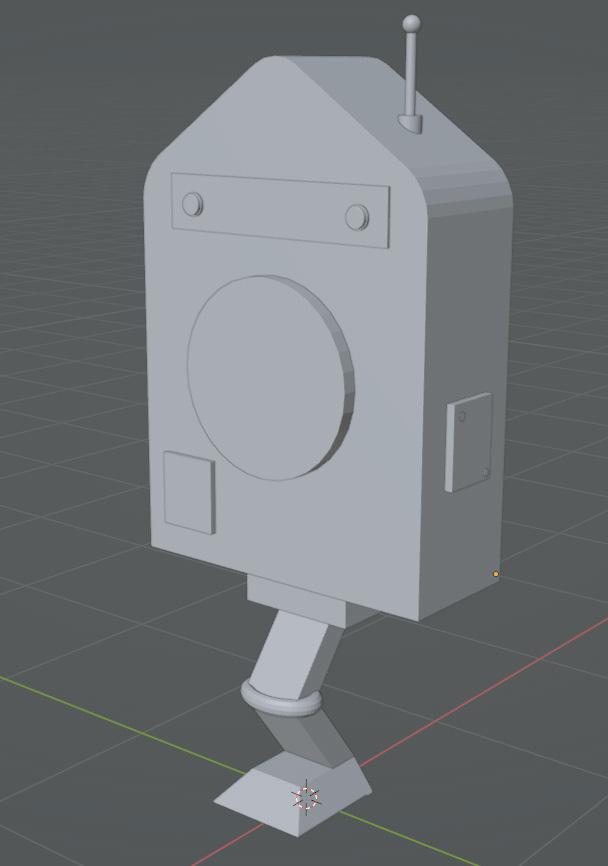

ANNABEL Y13
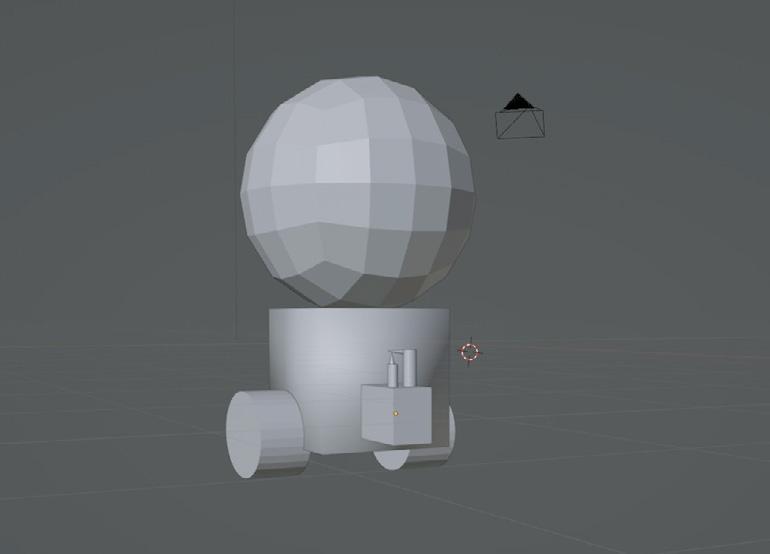
‘In 3D Modelling and Animation Club this term we have been learning how to design and build our own robots using the free how to rig them and make them move. I have really enjoyed this and use 3D content.’ - Evelyn Y13
Space 2 B
‘Space 2 B is a club run every Friday lunchtime by sixth former Annabel. It focuses on student wellbeing and mindfulness. Different activities are rotated each week that aim to make an enjoyable and relaxing environment for everyone. Recent activates have included jewellery making, crochet tutorials and yoga. The club also gives the students an opportunity to make friends and chat to people across different year groups, whilst taking part in mindfulness activities.’ - Annabel Y13
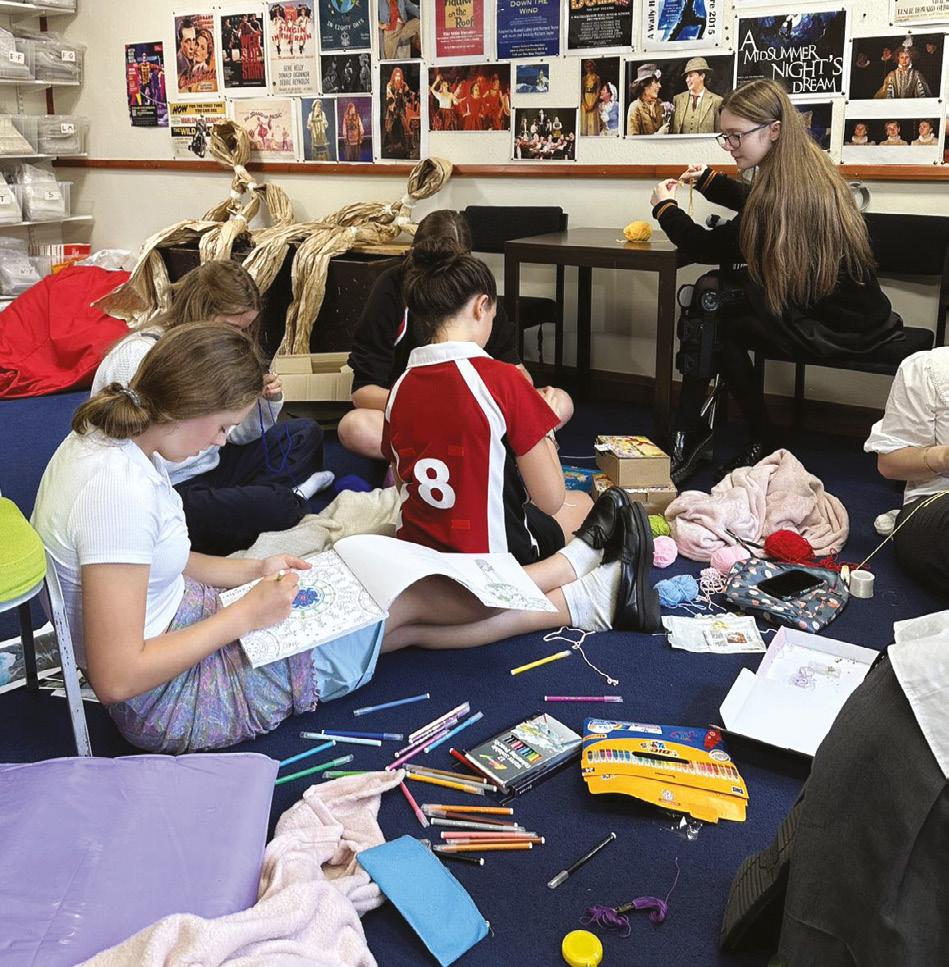
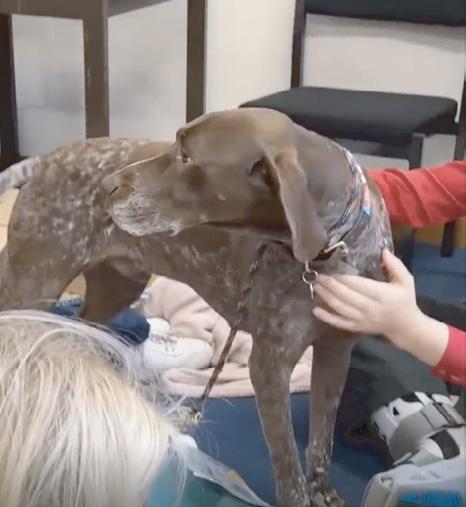



Newsletter
ARTS & CULTURE
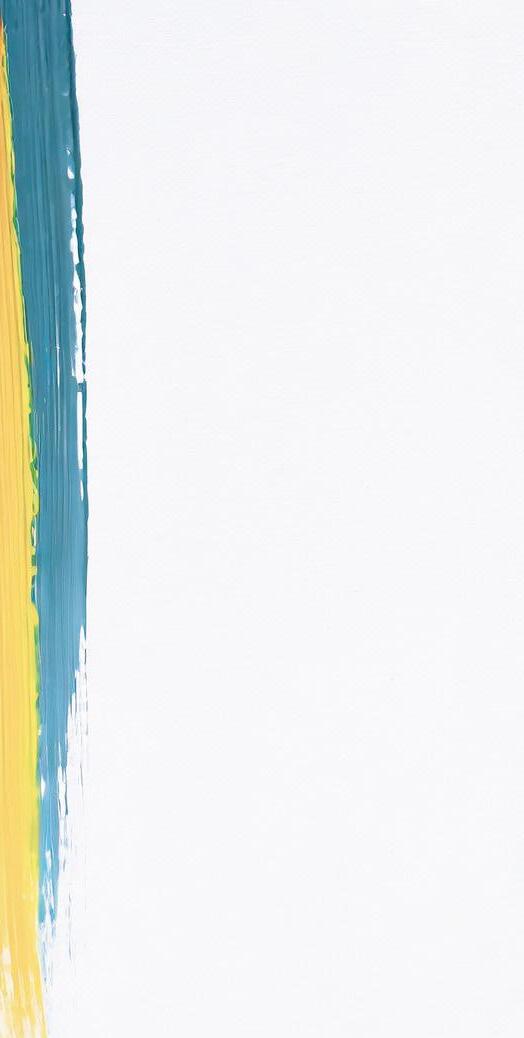
Year 7
FINE ART

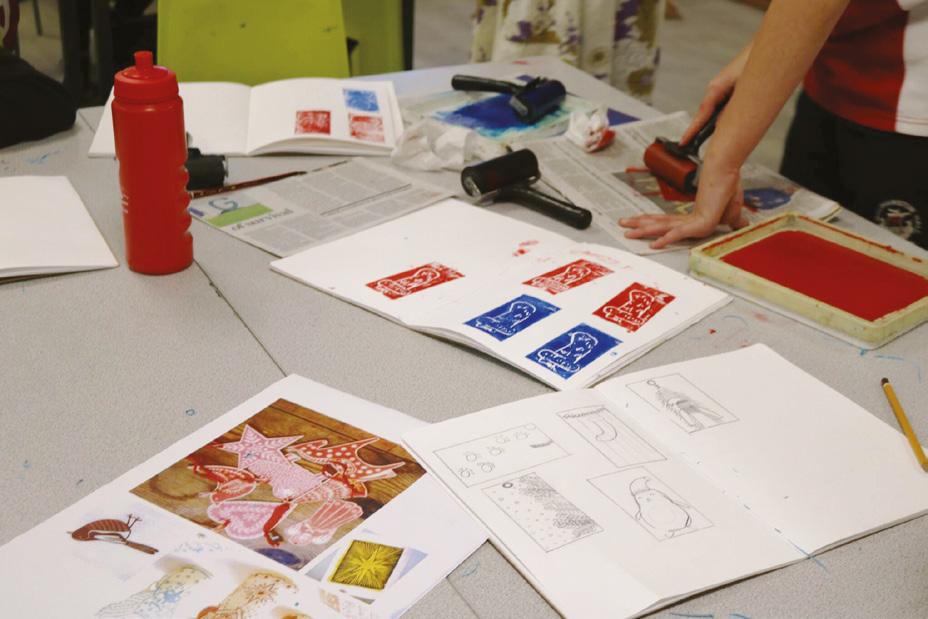
‘We’ve done printing, we drew our design on and then used a lino tool, and we are printing them to make Christmas tags. The Christmas tags are for anyone we like, I am going to give one for my mum and dad and one for my sister.’ - Emelia Y7
Year 7 DRAMA
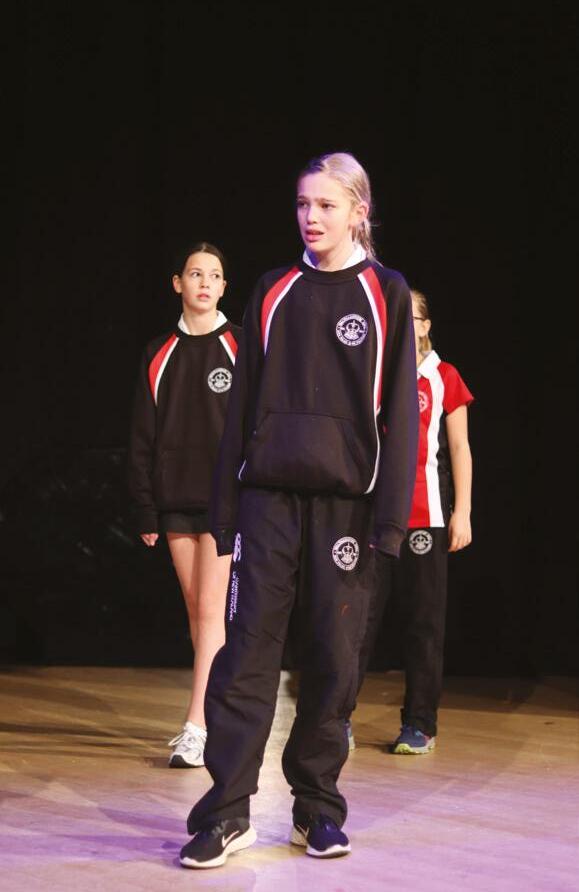
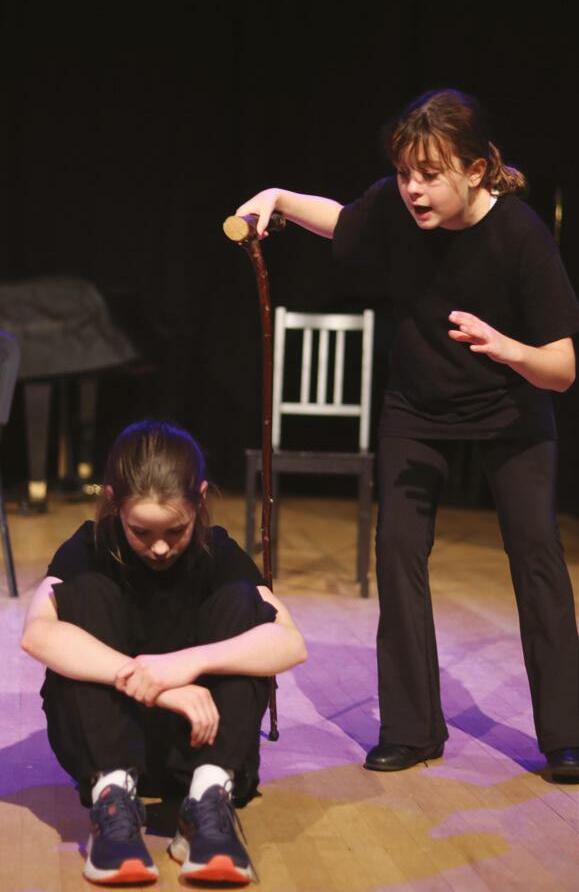
‘In our Year 7 Drama lessons, one day each of us lay down to think of a character, and that character was in the middle of nowhere because we had just been in a plane crash. Now, we’re developing to add more to that story so we can build it up into a story. For example, I’m a really showy person and I’m really selfish- we figured out our own name and our own age. One drama lesson we were doing freeze frames, and thinking of what our characters would do in those freeze frames.’

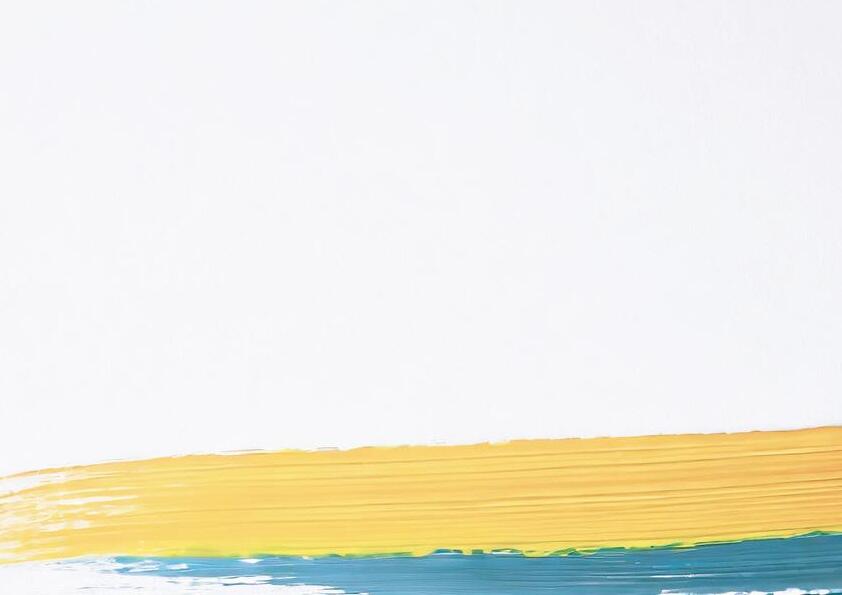

Newsletter
ARTS & CULTURE

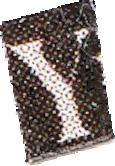


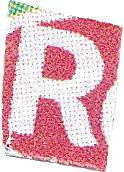

FINE ART + MUSIC


'In art class we made models out of tin foil, paper, and wire. We are now making backgrounds for our animations using ink and water colour. In the next few weeks we will be making our stop motion and we are hoping to compose some music in our music lessons to go with our animations.’ - Amelie Y8





FINE ART + MUSIC
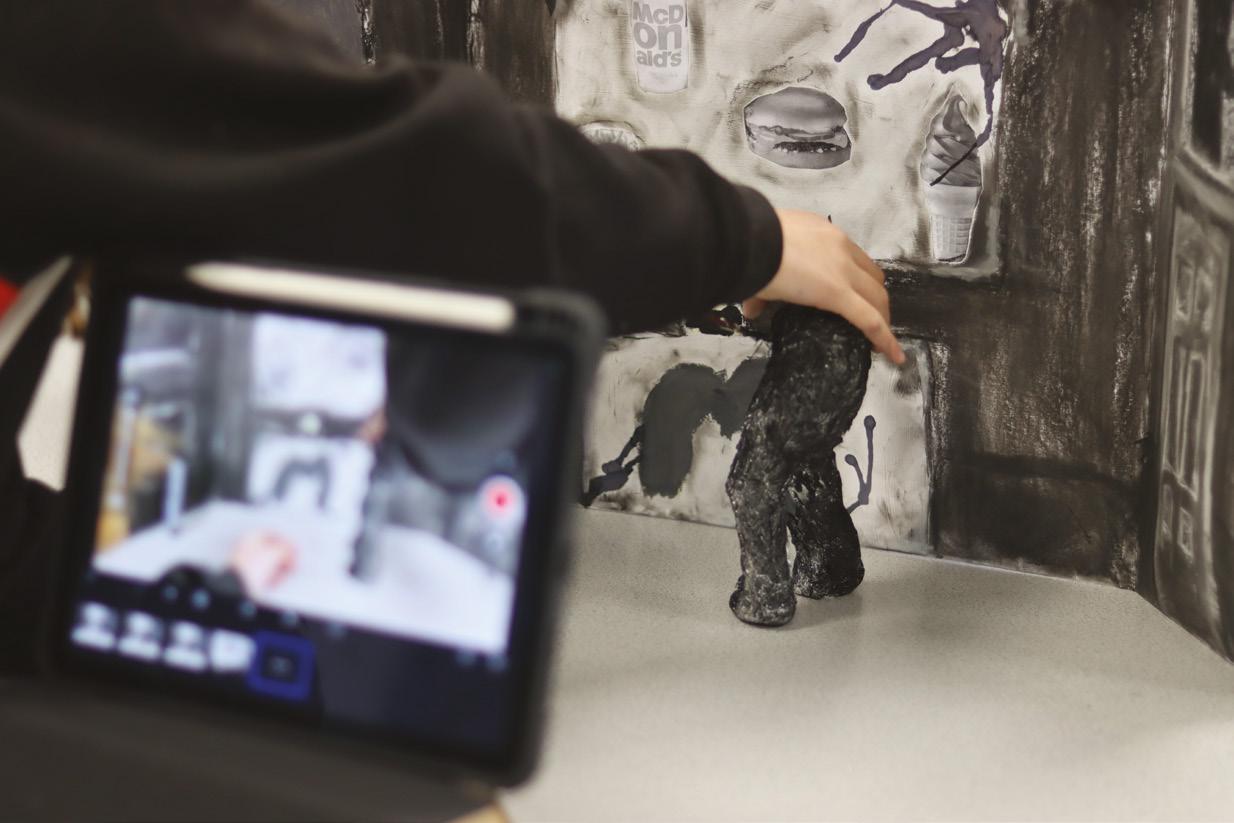
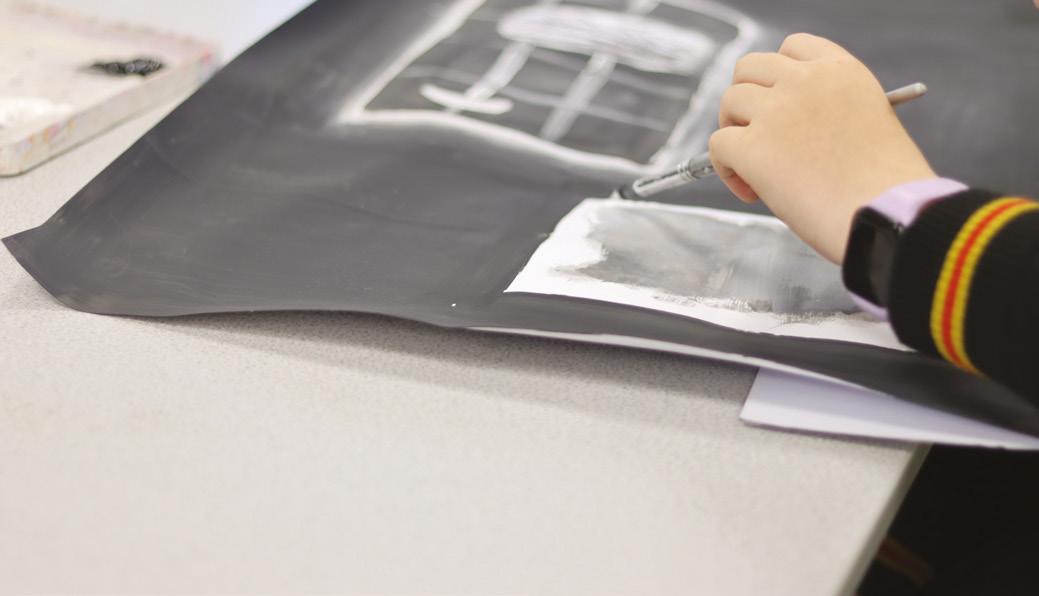


Newsletter
ARTS & CULTURE

YEAR
9: FINE ART

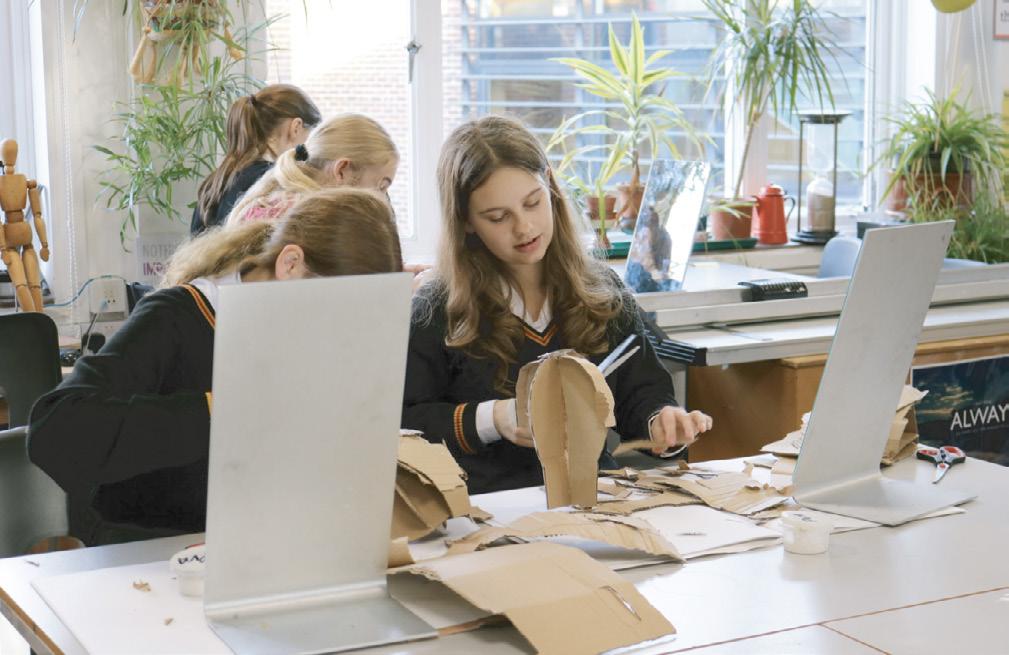
‘In art this year we have been making portraits of ourselves and adding something of our own. I have enjoyed this term’s art lessons as it is a way to create art in our own way but still be told what to do. I would recommend fine art as it is a fun way to do art!’ - Freya y9
STAGE COMBAT YEAR 9:


‘My favourite moment was learning how to pretend to strangle each other as it was exciting and funny to practise with your friends.’ -HONEY Y9

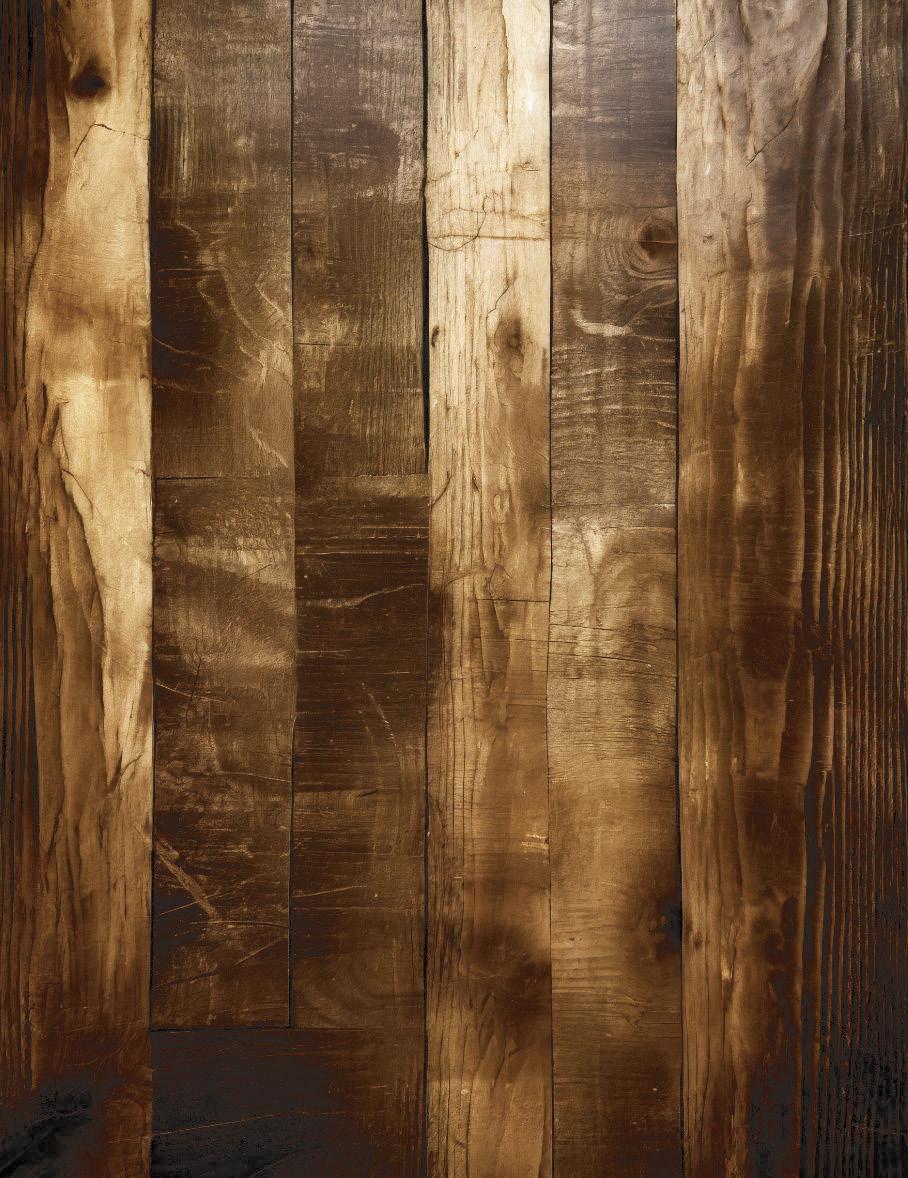
Newsletter
ARTS & CULTURE

YEAR 12 P H OTO G RAP HY
‘I ENJOY PHOTOGRAPHY AS YOU LEARN SO MANY D I FFERENT
TECHN I QUES WHI CH MAKE YOU L I KE AT NATURE I N A D I FFERENT WAY . TH I S TERM WE HAVE BEEN LEARN I NG ALL THE KEY SKI LLS
NEEDED TO TAKE THE BEST PHOTOS , WE HAVE ALSO LEARNT
HOW TO USE THE DARK ROOM WHI CH I S SUPER I NTEREST I NG .’ -JESS Y12
BY JESS Y12 ->


<- BY SON I A Y12
‘I WOULD DEF I N I TELY RECOMMEND I T TO OTHERS , EVEN I F THEY DON ’T HAVE A HUGE I NTEREST I N PHOTOGRAPHY AT THE MI NUTE BUT ARE I NTERESTED I N BE I NG CREAT I VE .’ -G RACY Y12
Arts Recognition

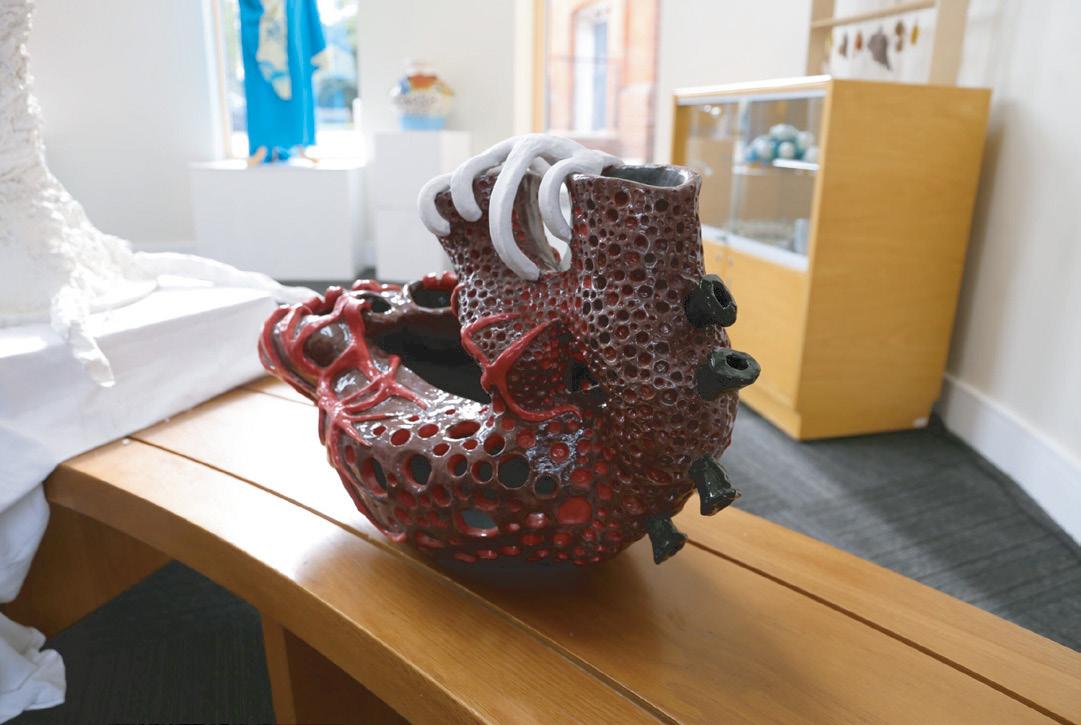
‘I was so pleased to sell my pot. It was always a dream of mine to sell my art and for my art to have such an impact. I cannot wait to continue with my pottery journey.’ - Freya Y13

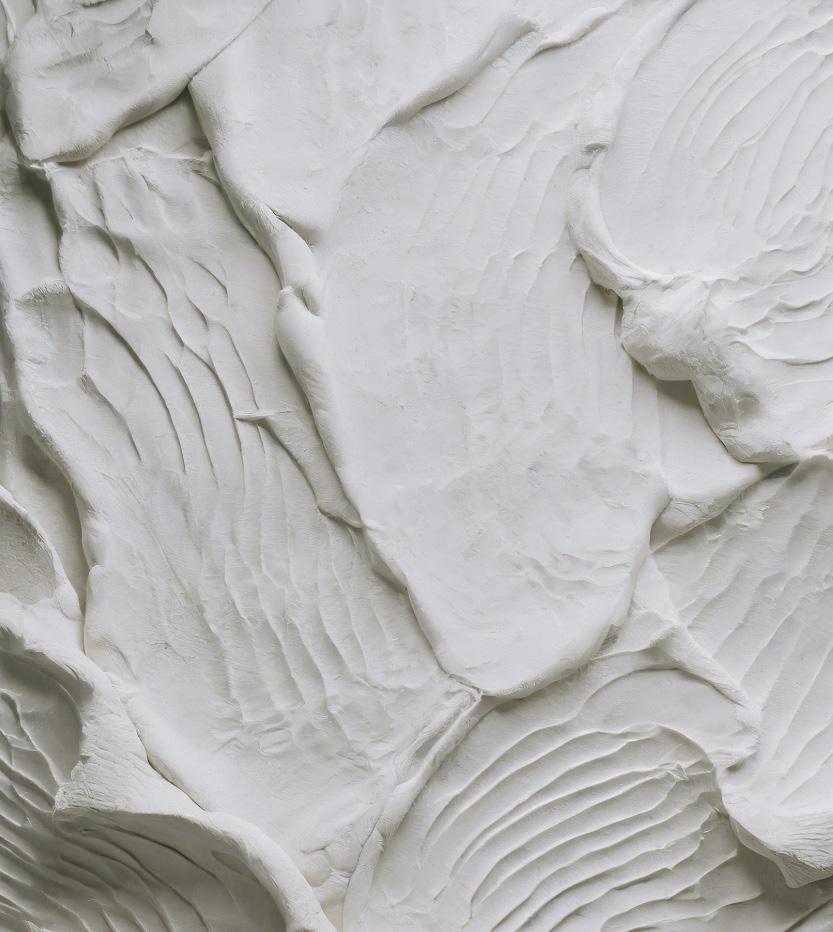
Newsletter
ARTS & CULTURE

TR I P S
‘As a student studying Antigone and Punchdrunk, it was amazing to see the words put to life in such a different and refreshing way. The talent was outstanding which was only enhanced by the fascinating sound and lighting features’ - Olivia Y13


‘Recently, we went on a trip with the music department to Glyndebourne and saw the opera Don Giovanni by Mozart. We had a little introduction by one of the singers and directors before the opera started. Once we got into our seats (which were right at the front) we were able to see most of the orchestra and the basso continuoso in the corner. We also had a brilliant view of the
incredible and world-class with an international cast. My favourite piece was sung by Leoporello (Don Giovanni’s ser vant) and was quite funny when you read the surtitles (written in English so we could understand what was being sung Italian). Overall, it was a wonderful experience and I look for ward to the next one!’ - Merr yn Y9
A SMORGASBORD OF SONG


musicians, Mr and Mrs Clements, accompanied by Mr Andrews, who sang an impressive and enjoyable selection of music from Schubert to Britten, joined by some year 13 students. I was so grateful to be asked to perform alongside such incredible singers in a more formal setting at school, as it helped me to understand more of what is required to be a professional musician. It is always rewarding being able to share the music that you love with an audience.’ - Caitlin Y13


Newsletter
ARTS & CULTURE

Scholars’ Concert
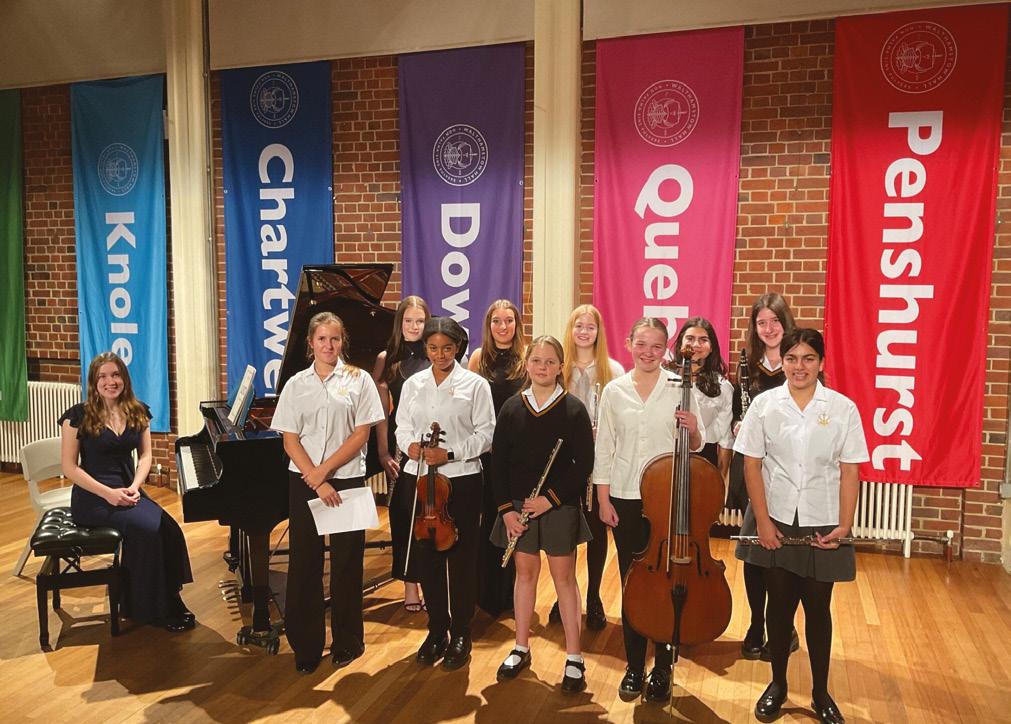

‘Every year I participate in the annual music scholars and exhibitioners concert. This gives me the opportunity to be able to overcome fears surrounding the concert that may have arisen whilst preparing for it. The concert is a wonderful celebration of musical talent from those in years 7 to 13 allowing parents and students to appreciate the hard work we put into perfecting our musical ability.’ -Líle Y12



Newsletter
ARTS & CULTURE



SPORT Highlights NETBALL
Our competitive teams played brilliantly to win national gold and silver medals as well as countless medals at county and regional levels over the year.
The U15 team won Silver at the national Sisters n Sport Championships
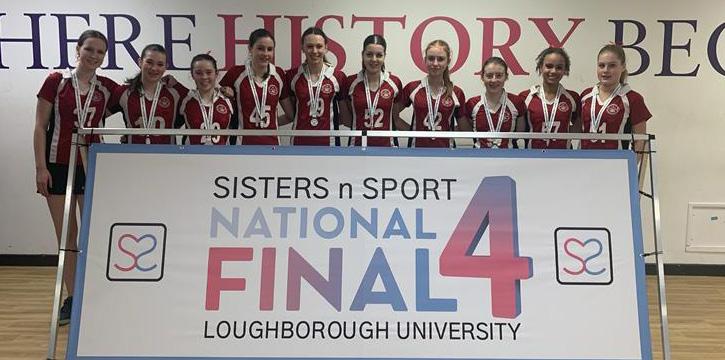
Every year group: U12, U13, U14, U16 and Seniors won medals at the Kent County School Netball Finals. The U19s (left) and U16s (right) reached the Regional Finals
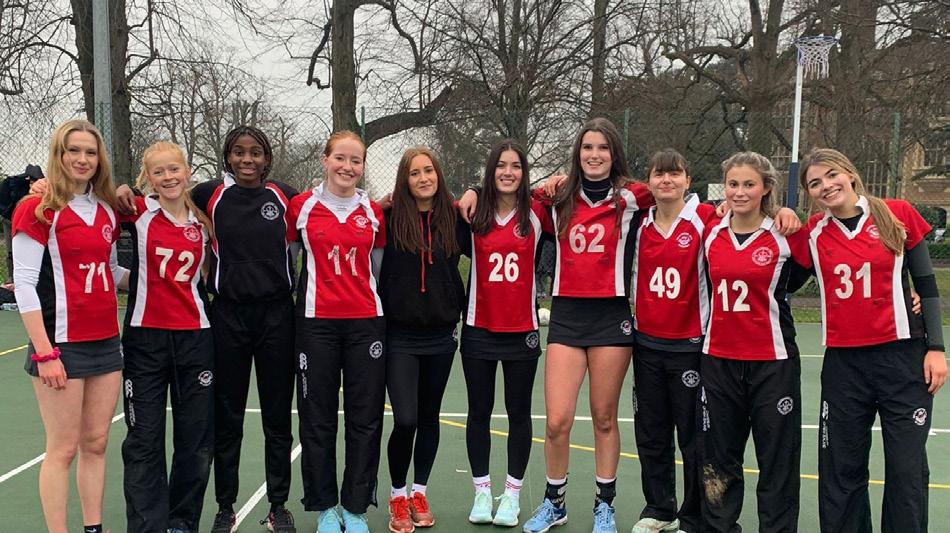
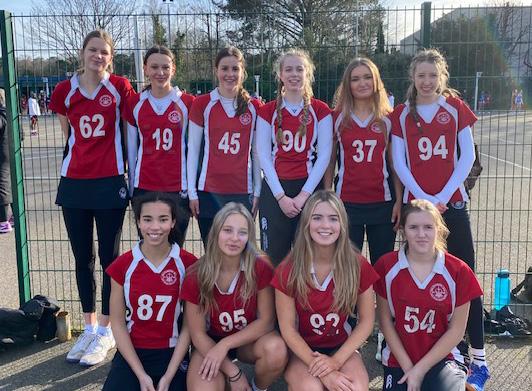
BADMINTON NATIONAL CHAMPIONS

The U14 badminton team won the School Sports Magazine Cup
CRICKET

The U15 team were County Champions in both Indoor and Outdoor Eights Cricket competitions, also winning our School “Team of the Year” at our Wally Sports Awards
LACROSSE

The U15 team finished in the top 16 schools in the National Lacrosse Schools Finals, only losing to the eventual winners
GYMNASTICS
ATHLETICS

At the London Schools Athletics Association Pentathlon event, Araba came 1st overall and 1st in Kent and Sophie came 5th overall and 3rd in Kent
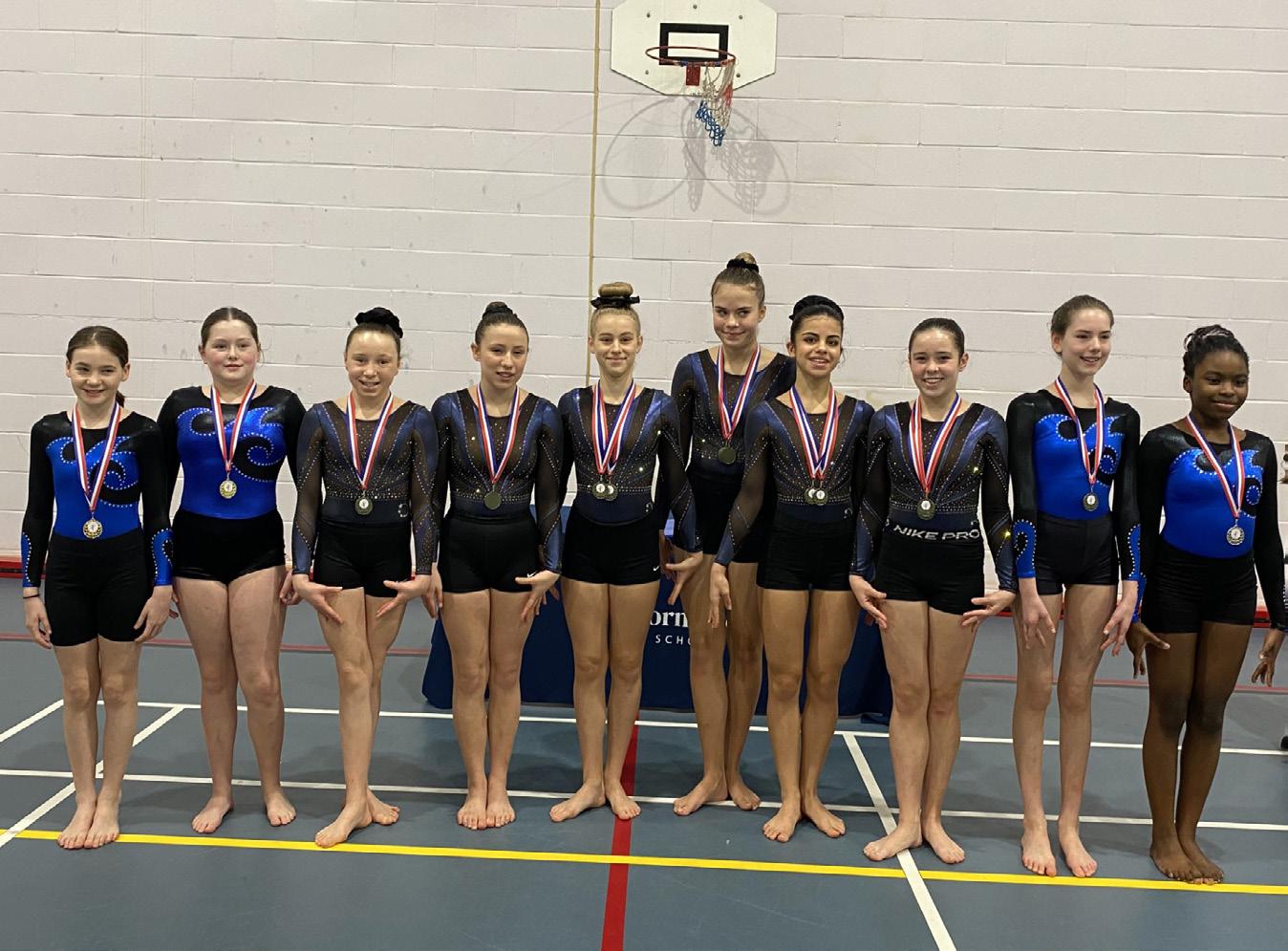
Medals for all team members at the British Schools’ Gymnastic Regional Finals
SWIMMING
Two gold and two bronze medals at the Kent Secondary Schools’ Relay Championships, the Junior team qualified for the Medley Relay at the National Finals
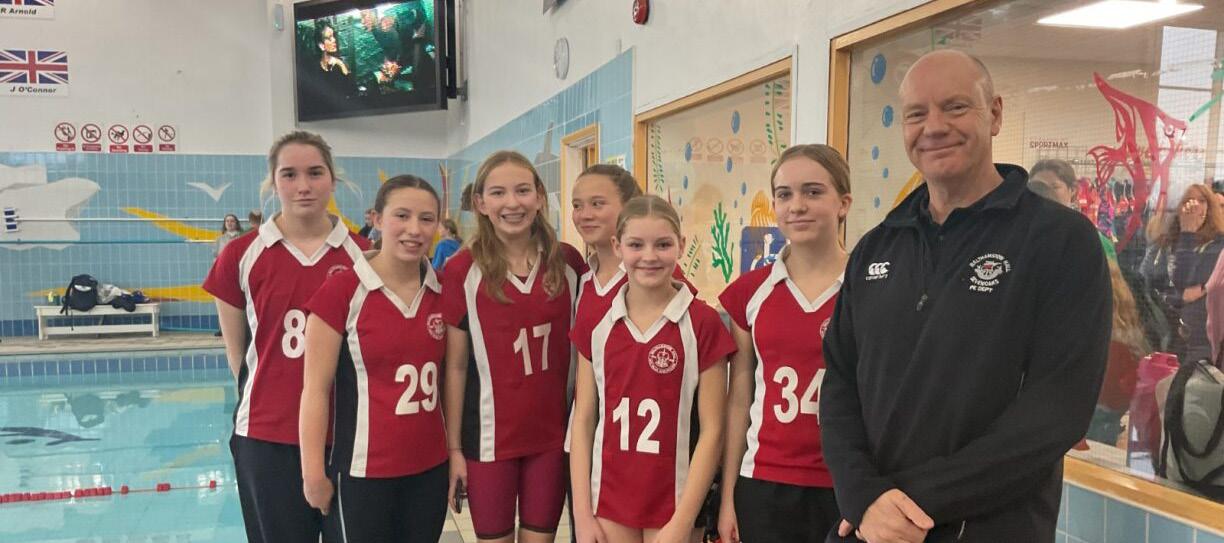
Gold, silver and bronze medals at the Kent Secondary Schools’ Individual Swimming Championships

ELITE SPORTSWOMEN
Among our student body we have some national sporting champions who work hard to excel in their chosen discipline. Elite Sportswomen, Shraddha, Laura, Sophie and Imogen told Sports Scholars, Emily, Irede, Emma and Alice about their training schedules and how they fit it all in around School.

SHRADDHA - BADMINTON
Q: At what level are you playing your sport? I play badminton at a national level, so I represent England and I go to some international competitions.
Q: How much time do you spend training for your sport?
Every week I train between 10-12 hours, minimum.
Q: What do you enjoy about doing your sport? What I enjoy most about badminton is learning new shots and playing with my friends.
Q: How do you find fitting your schoolwork around your training?
Now it’s Year 10, I get a lot of work, but the School has been very supportive by allowing me to go to international competitions as well as giving me time to catch up on the work that I have missed. I’m given study periods when I need them and extra time to complete some of the work.
Q: What are you most proud of achieving in your sport so far?
Last September I won gold in the U15 European Doubles Championships, which were held in Poland. The month before, I won bronze in the U19 All England Juniors Doubles (four years above my age group). Also last year, at the National Championships I won gold in the U15 Doubles and bronze in the U15 Singles, a gold in Doubles at U17 (two years above my age group) and bronze in the U19 Doubles (four years above my age group). I enjoyed winning triple gold in 2022 at the U13 National Championships.
Q: What are your goals for your sport?
My biggest goal is to medal in the Olympics one day.
(As told to Emily)
Left: Shraddha with her bronze medal for the U19 All England Juniors Doubles

LAURA - SAILING
Q: At what level are you playing your sport?
I sail both nationally and internationally. Throughout the winter, there’s a GP Series, it’s a competition every three or four weeks all around the country. And then the Europeans and the Worlds in the summer are the big international events where results matter.
Q: How much time do you spend training for your sport?
I spend around six hours a week doing physical training, that’s either running or in the gym. I also play lacrosse at school and then I sail most weekends, so in total that’s between six to 12 hours sailing at the weekend.
Q: What do you enjoy about doing your sport?
I like how challenging it is. I like both the mental aspect as it’s quite a cognitive sport, and the physical aspect. I love spending time outside, so that’s a big bonus. And I like competing at a high level. It’s always fulfilling when you do well.
Q: How do you find fitting your schoolwork around your training?
I work really hard in the week, and then at the weekends I sail and I don’t worry about school. On Monday morning I switch back into school. The majority of the time it works. The School supports me by having flexible deadlines. I do still prioritize my academics, as having good A levels is always going to be helpful.
Q: What are you most proud of achieving in your sport so far?
At the end of last season, me and my sailing partner, Jess were ranked 2nd in the Ladies and 6th overall in the UK. We’ve also had some good events at internationals.
Q: What are your goals for your sport?
I’m leaning towards the idea of an Olympic campaign. It’s a big sacrifice to make, especially as I’m passionate about the degree I want to do. I’m not sure if I’m willing to sacrifice all of that, but it also looks like a lot of fun.
(As told to Irede)

Sports Scholars / Reporters l to r: Emily, Alice, Emma, Irede
Laura (above left) with sailing partner, Jess at the British National Championships

SOPHIE - NETBALL
Q: At what level are you playing your sport?
I play netball for Scotland, so at national level.
Q: How much time do you spend training for your sport?
I train for 7 hours, 45 minutes during the week, both mornings and evenings. I then play netball on Saturday or Sunday so unless I am playing for Scotland, I’ll being training for six hours over the weekend.
Q: What do you enjoy about doing your sport?
My favourite part of netball is the team spirit and meeting new people from around the country.
Q: How do you find fitting your schoolwork around your training?
My top tips for fitting in schoolwork between training:
• Do homework the night it is set
• Talk to teachers and the PE department to get extensions and ask for help if needed
• Make a timetable for your homework to help stay organised
Q: What are you most proud of achieving in your sport so far?
I am most proud of going to Netball Europe and making the starting 7 once there.
Q: What are your goals for your sport?
My goals for the future are returning to Netball Europe and to become a pro netballer.
(As told to Emma)
Sophie, left in photo, playing for Scotland

IMOGEN - SWIMMING
Q: At what level are you playing your sport?
I’m swimming at National and International level. I have competed in many national events including the British Championships and have travelled to Luxembourg and Rio de Janeiro to compete for England.
Q: How much time do you spend training for your sport?
I train six times a week – 4 sessions are 2 hours long, and I do two early morning sessions which are 90 minutes long.
Q: What do you enjoy about doing your sport?
The friends I’ve made at my swimming club and at competitions, but also the places I have been able to travel to. Having the experience of being able to swim in the Olympic trials for Paris 2024. In swimming there are always ups and downs, especially when you are competing, but it is always nice having people supporting you.
Q: How do you find fitting your schoolwork around your training?
I try to do my homework the night it has been set, so it doesn’t all pile up. The teachers are really understanding if I have a competition, and they will happily extend deadlines for me if it is
a busy period. Sometimes it’s difficult if I have had a school sports fixture during the day and have to catch up on the lessons I have missed AND do my homework as well, but the teachers are very supportive.
Q: What are you most proud of achieving in your sport so far?
I went to my first National Winter Championships in December 2024 where I won Gold in the Under 18 category for 200m breaststroke, making me the National Junior Champion, but even more excitingly, I also came 2nd overall beating lots of much older and more experienced swimmers. I am really proud I won three medals (two silvers and a gold) at my first European Competition last year in Luxembourg and that I made the team selection again this year.
Q: What are your goals for your sport?
To make the European Junior Team and represent Team GB.
(As told to Alice)
Imogen, competing for England in Luxembourg for Euro Meet 2024
SMART PHONES
Concerns over how the use of smartphones may be disrupting our children’s development have been articulated in Jonathan Haidt’s recent bestselling book on teenage mental health: The Anxious Generation. At Walthamstow Hall it has always been our policy that girls in Years 7-11 hand in their phones at morning registration and receive them back at the end of the school day. This way, students can focus on their lessons and their friendships with each other without the distraction of being constantly connected to the internet. CODA asked students, a parent and the Head of Key Stage 4 for their experiences of using smart phones.
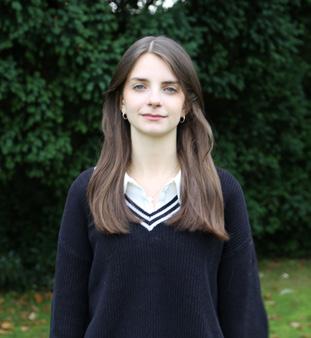
HARRIET, YEAR 12
“I first got a smart phone in Y7. The best thing about it is communicating with friends, I use it mostly for that and schoolwork.
Social media is good if I’ve had a tiring day at school and I want to go home and just watch some videos. But TikTok and Instagram can be harmful, promoting people to compare themselves with others.
If I see my friends going out without me on Insta or if I see a friend has read my message and hasn’t replied in a day, that can send me into an overthinking spiral.
My parents used to set limits; I had to leave my phone outside my room at night and I had a five hour limit each day. It sounds like a lot, but that included homework. Going into GCSEs my parents thought I should be able to start making these decisions myself.
The only issue is I do find myself using it at night before I go to bed and the endless scrolling does affect my sleep schedule. Especially during my revision periods, I would have my phone right next to me and I would keep looking at it and get distracted.
So maybe my restrictions were taken off a bit too early!
From my experience people were already on social media by Years 5 or 6, which is very young but it’s the way things are going. I personally didn’t have that. It’s no use the School telling people not to get it, it’s more about teaching how to stay safe on it.
A month ago I actually deleted TikTok and Instagram from my phone and I’ve managed to keep that going. It’s quite refreshing because I now think about it less. People don’t realise the addiction that’s been built up inside you.
Coming off sort of enlightens you, even if you only manage it for a few days.”

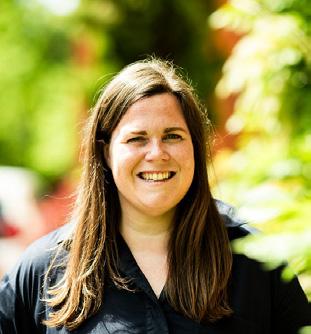
MRS KATIE FRANZEN, HEAD of KEY STAGE 4
“Smartphones are great, they help me organise my life, write my journal, listen to books, music, podcasts, get from A to B with maps, take photos and connect with my friends. I think for students in school they have many of the same advantages. Being dyslexic I also find the spelling function really helpful!
I grew up without a smart phone so what my friends did over the weekends and holidays was a joy to find out on a Monday morning or in the return to school after the holidays. This is something which I think must be really hard about being a teenager, as you do know a great deal more about others, not only your peers in school but those around you.
The comparisons of lives are only too natural to make. There is a sense that you have to make an ‘online self’ which must be really hard. Tech companies are trying to make smart phones safer, for example by ensuring that people are who they say they are online, or making sure there aren’t too many bots pretending to be people. They are also considering the right age at which young people should have access to certain apps. These rules are of course easy to break! To me, they are important.
In the UK we can learn to drive from age 17. It is deemed then that our brain is developed enough to view and understand the risks on the road.
I think the same should apply to smart phones. We should have levels and lessons at particular ages which fit in with our brain development. There should be some content online which is banned for particular age groups.”
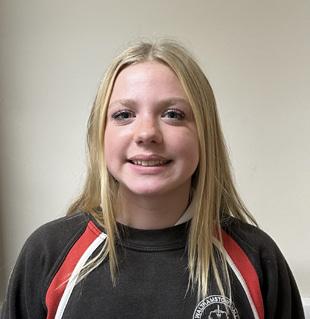
EVA, YEAR 8
“I got my smartphone quite early, in Year 5 because I was walking to school. I use my phone for keeping in touch with people mainly. I use Snapchat for friends, also Whatsapp and I have TikTok. For homework I use my laptop. I have restrictions set on my social media apps, so my accounts are private and I would only add people that I know. My parents don’t set limits, I think they trust me. I have my phone in my bedroom, but I like my sleep so they know I won’t be staying up late!
If I come home and do my homework and then I have clubs, it’s quite nice to be able to chill with my phone afterwards. It is easy to get distracted. During the summer exams I had to put my phone in another room while I was trying to revise. I would set a half hour time limit for revision and sometimes I’d hear my phone ping and I’d be tempted to look, but I kept my head down until I’d finished.
I wanted to do well because it was my first summer exams, so I didn’t really mind. But it felt weird it not being there because I’ve had it by me for a while.
There were times in the holidays where I’ve had a message showing me how long I’ve been on the screen and I’ll think “Oh, that is quite bad!”. Some of my friends have had their phones taken away because they’ve been on it at night. I just feel like you work so hard during the week you’ve got to get some sleep.”
WALLY PARENT
“My eldest child got a smart phone in Year 6, our middle child got one in Year 4 and our youngest got a phone without a sim card so as not to feel left out, probably in Reception. Our children do a lot of sport and as there is always Wi-Fi in leisure centres, we know they can contact us if they need to.
I use the FindMy function for safety reasons. If our children wanted to go to town with friends, even in primary school, I would be happy for them to walk there on their own along the main road as I could track them all the way.
I think the function of tracking on the phone is really valuable to give them that bit of independence. They can also use Applepay, so they have access to money if they need.
The downsides obviously include the bullying aspect, which we’ve experienced first hand. Although having the phone actually helped because we could see the evidence. Also, knowing if you’ve been left out.
I don’t have limits at home. We feel strongly that phones are part of their life, so we want them to learn from an early age how to use their phone responsibly.
I do monitor all their Whatsapps and step in if someone – either one of their friends or one of our children - is being too aggressive. Monitoring is the key to giving them technology.
I can take their phones at any point and I know all their codes to get into them. They can read all my messages too, it’s not a big deal.
I know a lot of people may not support my view, but I think for us it has worked.
Ms Chamberlain, Headmistress
The best of smartphones is modelled to our children through our own positive use at home. The family interactions in group messaging with those positive responses to life’s little moments of joy and the funny memes shared to brighten the day of a relative many miles away. Our use of apps that help to make life smoother, whether that’s to access healthcare, pay for a meal or share ideas for re-designing a room.
The virtual world can also be incredibly tough. It is a challenge as an adult to discern what is accurate and factual and what is a construction of AI, deliberate positioning of an opinion as fact or accidental misinformation. The algorithms which underpin social media funnel us into experiencing the world as completely aligned with our own views and can position those with different views as others who we are justified in maligning. The real world is more nuanced and messy, people who agree with us on one issue may vigorously disagree with our thoughts on another matter. We all have joys to celebrate, ways of navigating the challenges of life, feelings in response to others. None of us is “other”, we are all complex individuals worthy of being treated with dignity and respect.
In school, girls are learning who they could be, what might their best adult self look like? Some of this is by discerning which subjects to take as they grow through academic years and applying themselves to studying with aspiration. It is also about developing in relationship with others and this is best done in person. Our pastoral team is there to support resolution when friendships are wobbly or things have gone wrong, real people with tissues and strategies rather than an unseen moderator. Our dining room is full of conversation, laughter and the occasional singing of Happy Birthday.
As Taylor Swift says “I ain’t trying to mess with your self-expression” but learning how to express ourselves and encounter each other’s self-expression is easier when we are in the room together.

Trips & DofE

Duke of Edinburgh Gold Award practice expeditions. Above: paddle practice on the Royal Military Canal, near Folkestone with boys from Judd and Tonbridge Schools.
Below: soggy hike in the Peak District

Classics trip to Greece, October Half Term
School ski trip to Valloire, France in the Easter holidays
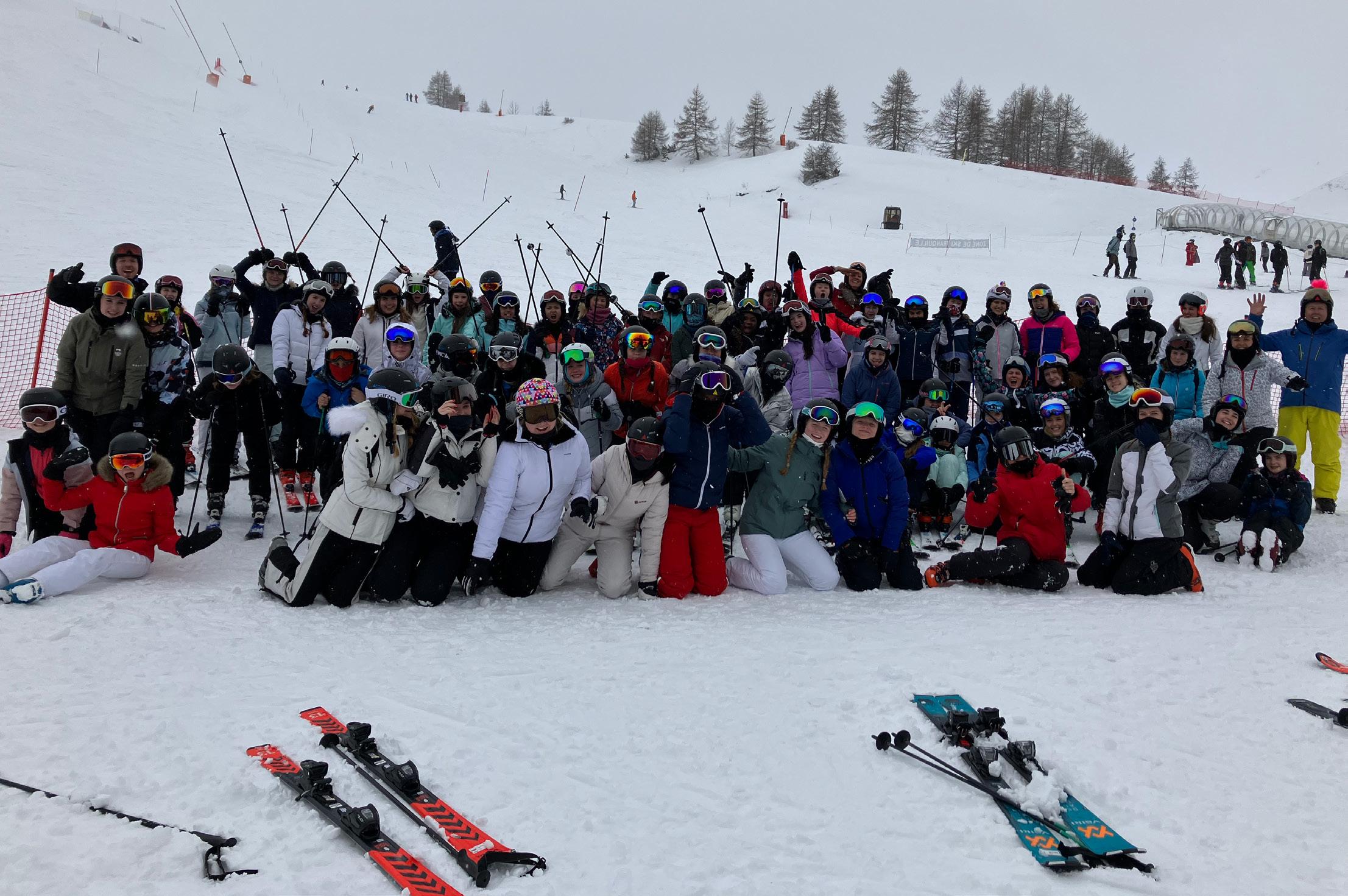
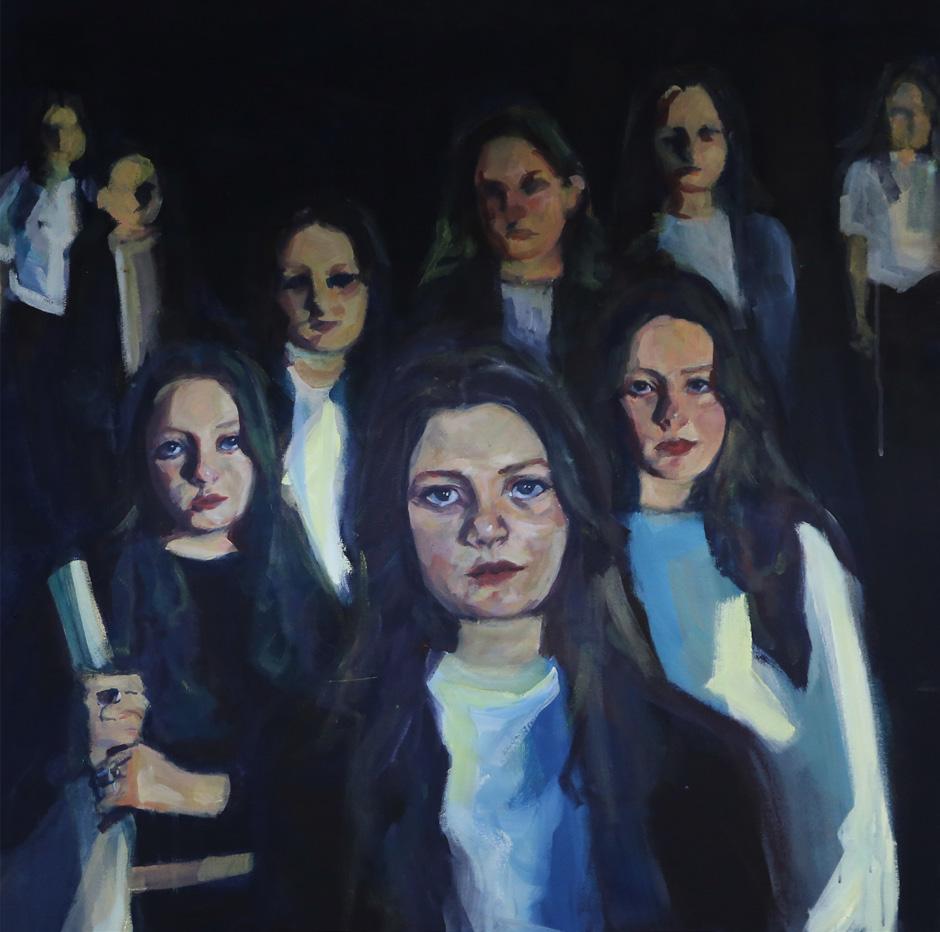

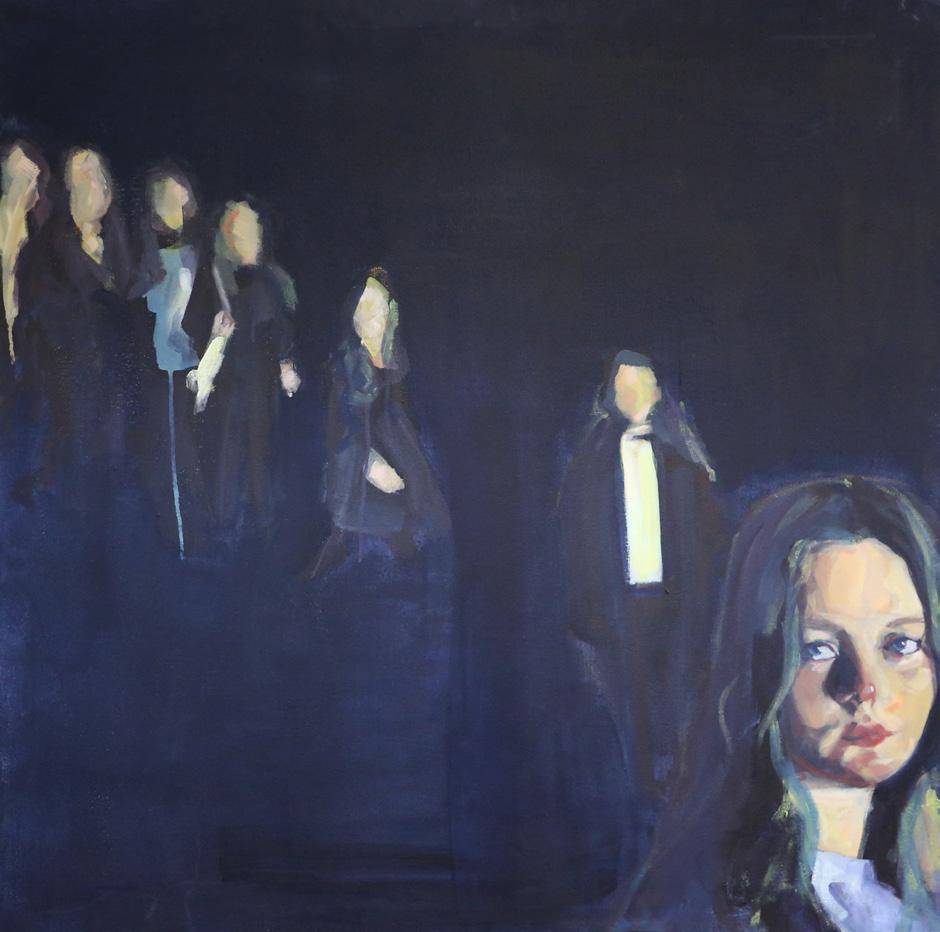
A Level Fine Art, Ella

Bronze Arts Award 2023-24
Year 8 became our first cohort of students to gain Bronze Arts Awards. This is one of a series of qualifications managed by Trinity College London in association with Arts Council England to encourage active participation in the arts.
Students demonstrated their creativity in work produced across lessons in the Drama, Music and the Creative Arts departments.
Taking inspiration from the work of Jim Kay, students made short films using gothic monsters and sets they had created. The QR code takes you to an animation by Anisha in Year 8, with piano accompaniment she composed in Music lessons.

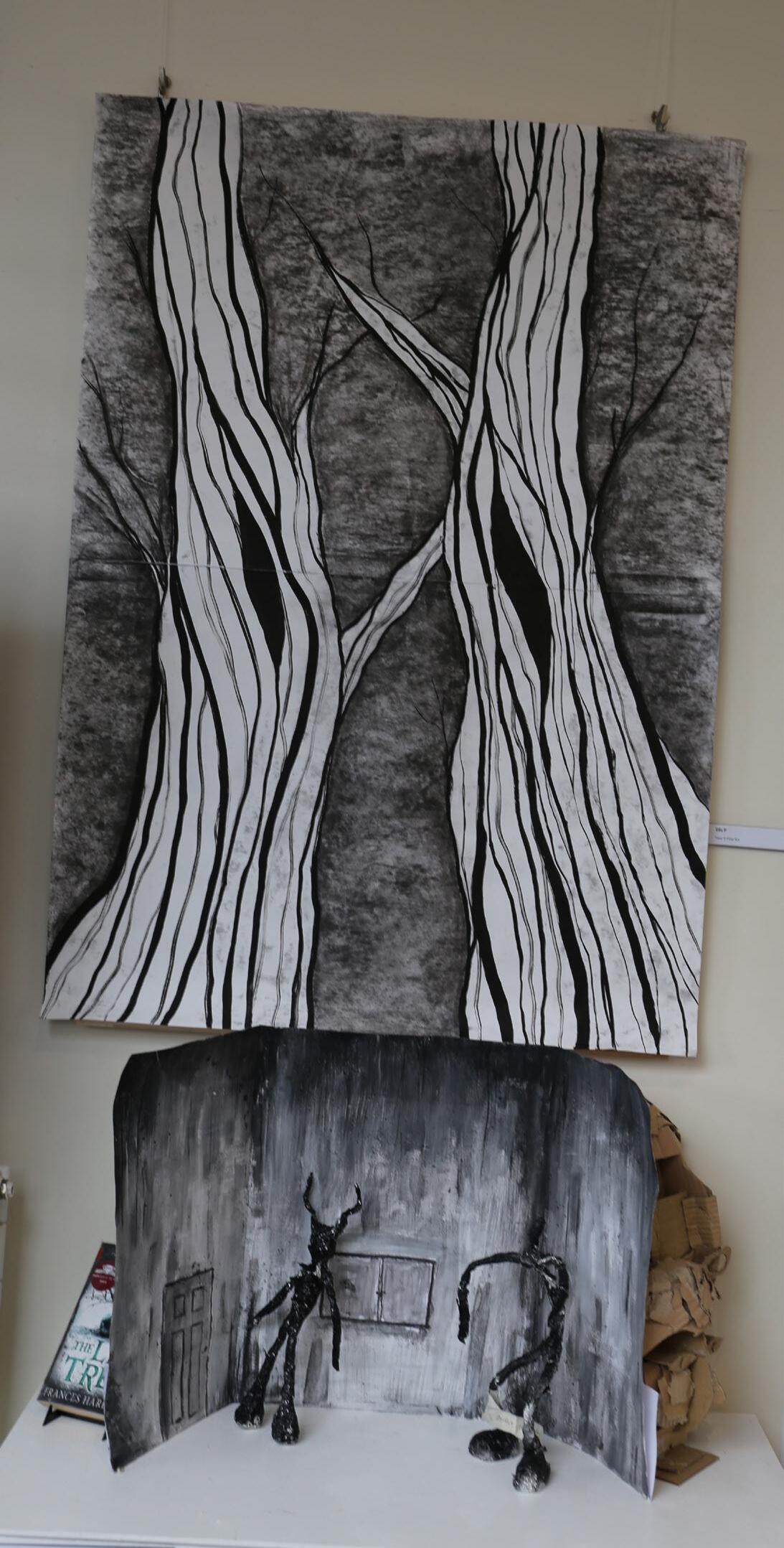



GCSE Fine Art; Top left: Annabel, Top Right: Maisie, Bottom: Lucy

GCSE Fine Art by Ruth: “I made this piece in response to the topic of ‘Conflict’, relating it to the internal conflict I sometimes feel in my own spiritual life. I painted my church in the colours and brightness I feel a community of believers can bring. However, I often feel disconnected and not ‘holy enough’ for the rest of the congregation, so I painted myself in black and white to show this isolation. I wanted this piece to represent the universally acknowledged feeling of loneliness one can have, even in a room of bright, beautiful people.”
3 Dimensional Design A Level


Sophia
Freya
Caitlin


Sarah
Music
From “Wally Pop” to opera, whole-School singing in Prayers to Music Scholars’ concerts via House Music, there is a place for everyone to join in and enjoy the musical life of the School.

A month after joining the Senior School, all of Year 7 perform on stage in the “Wally Stage & Screen” concert to assembled families, staff and students
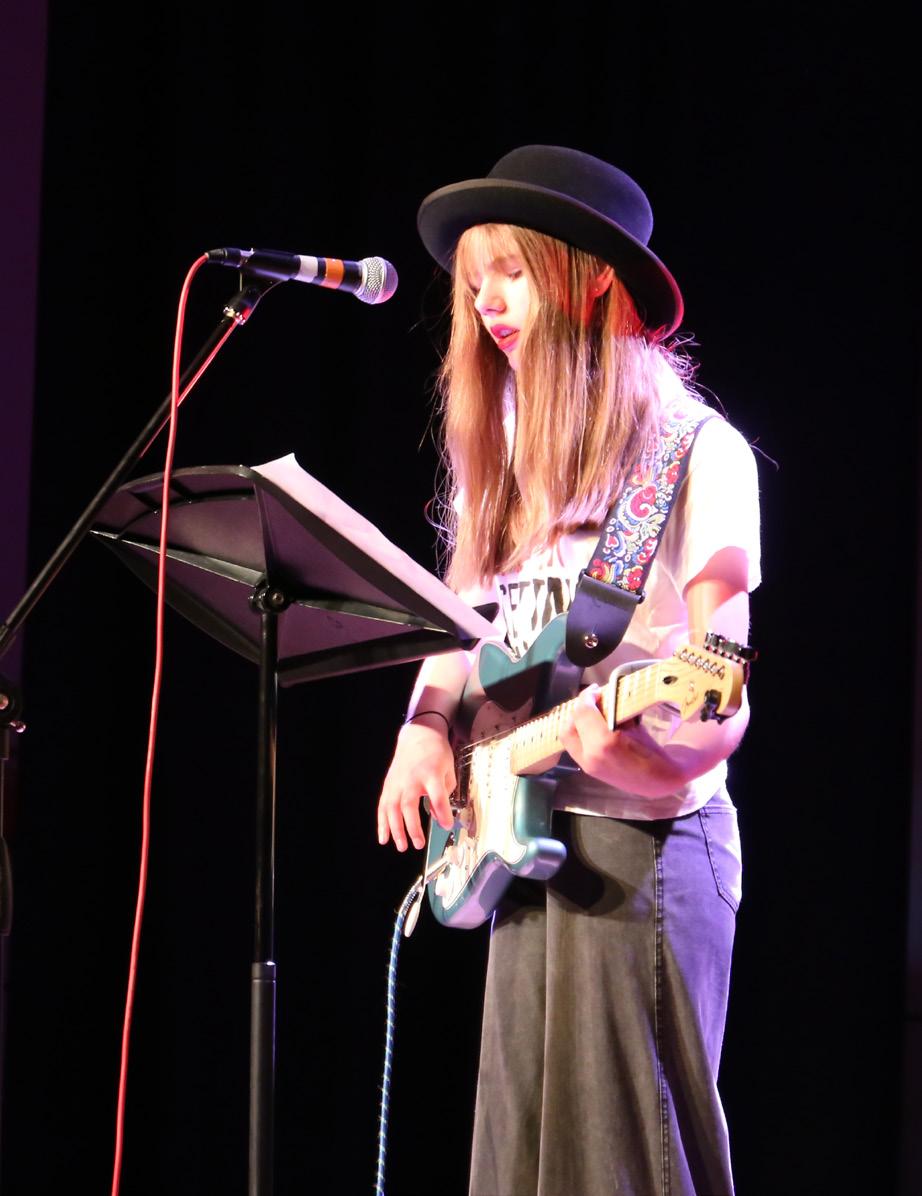

Left: Rachel in Year 8 and Right: Wind Band perform at Wally Pop
Blessed with talented singers in the Sixth Form, the Music Department performed Mozart’s The Magic Flute
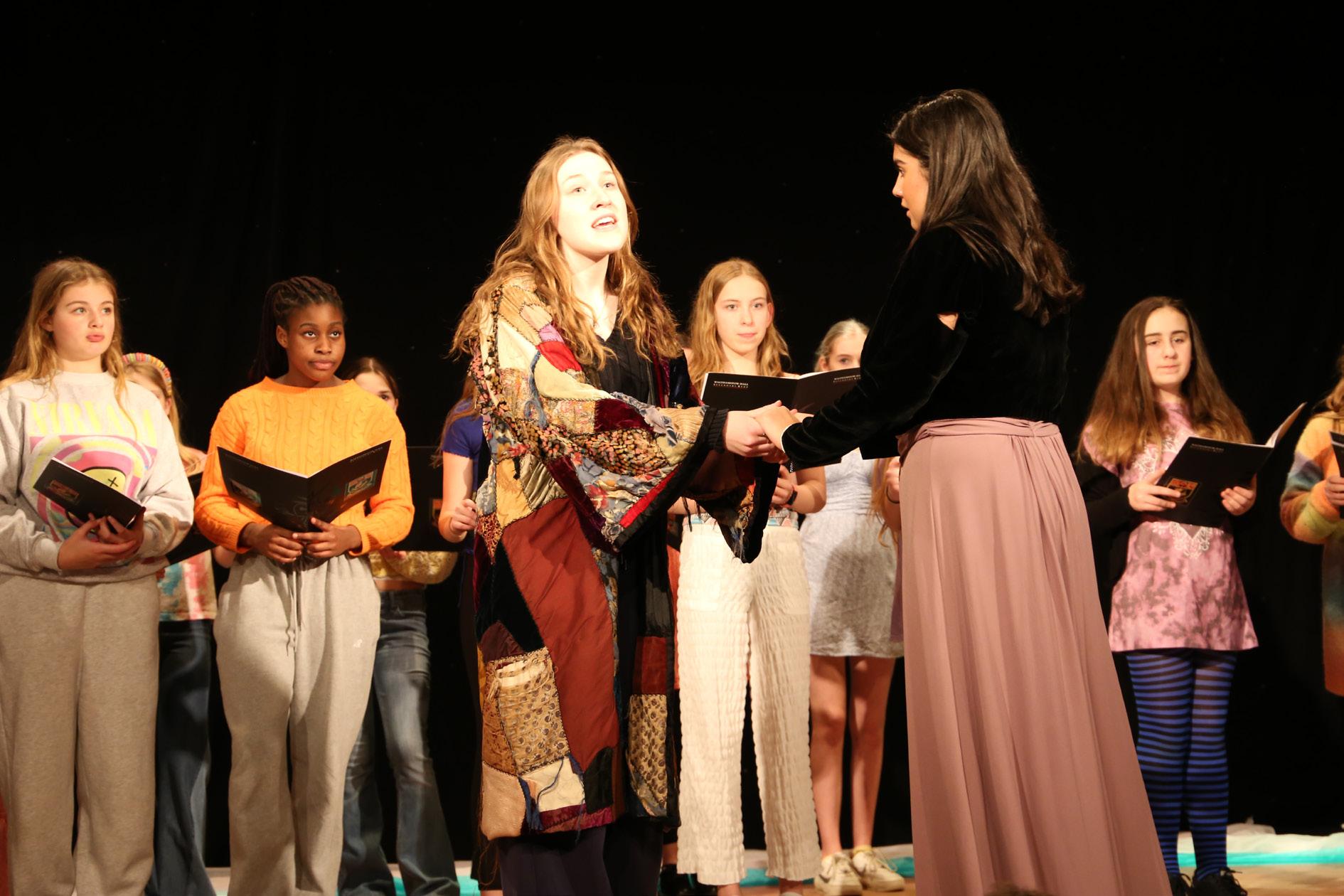

Rehearsing for the Advent Carol Service at Tonbridge School chapel
House Events
Friendly competition is encouraged in the termly House Events, which are led by the House Captains who rally girls from every year group to take part.
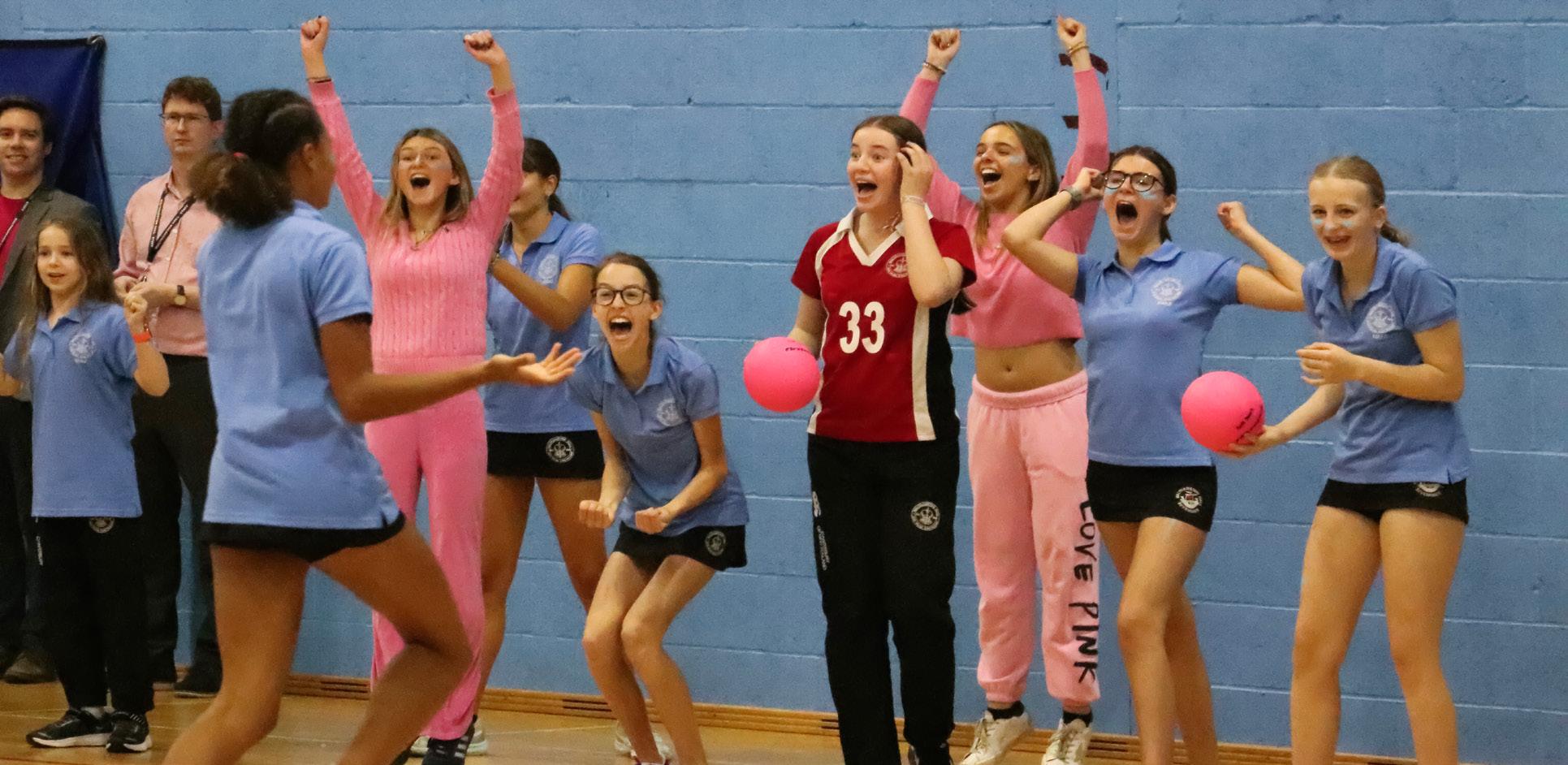

Top: House Bench Ball, Bottom: Knole House performing Oasis songs in the House Performing Arts Cup
Year 7 Camping
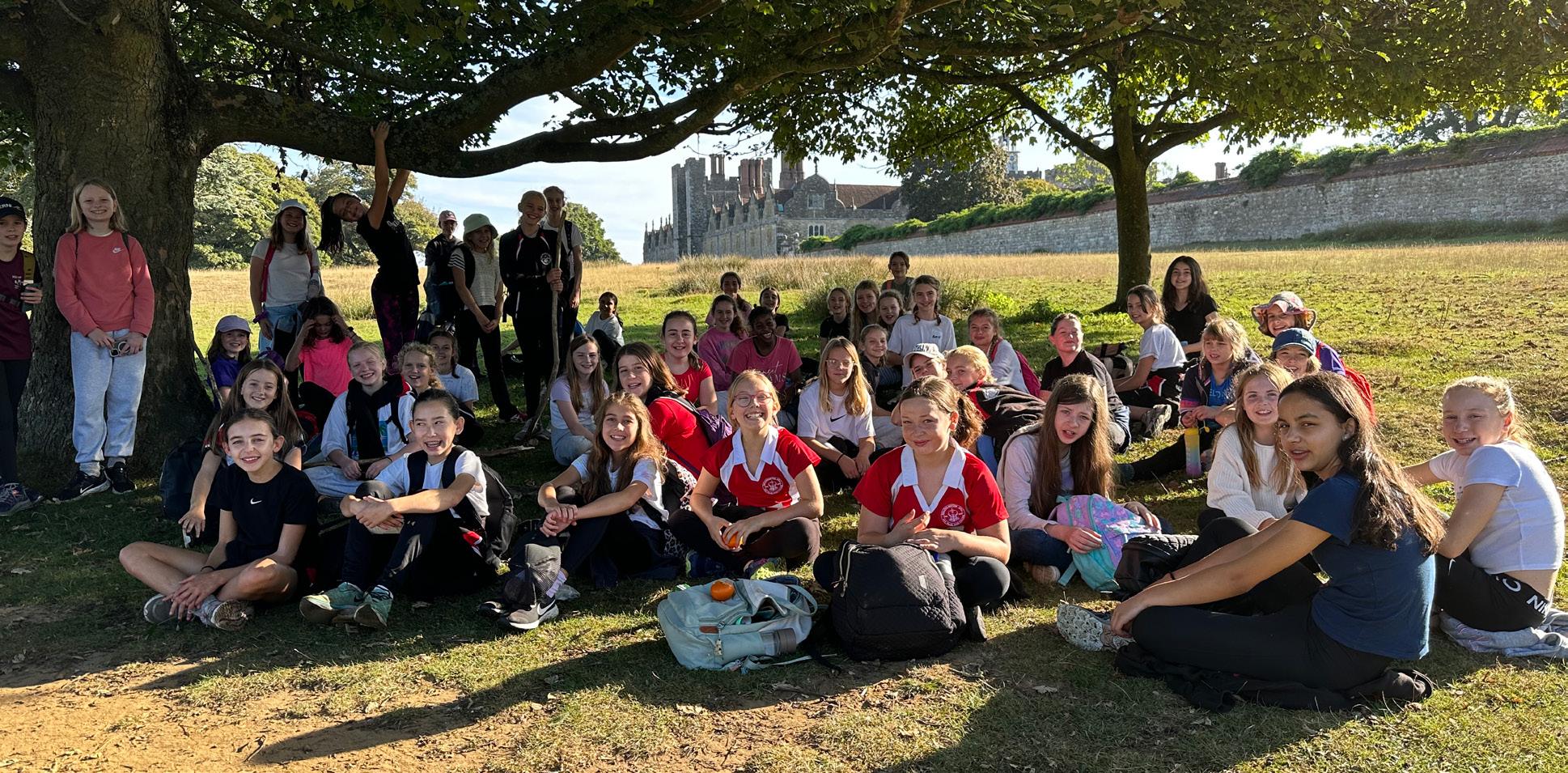
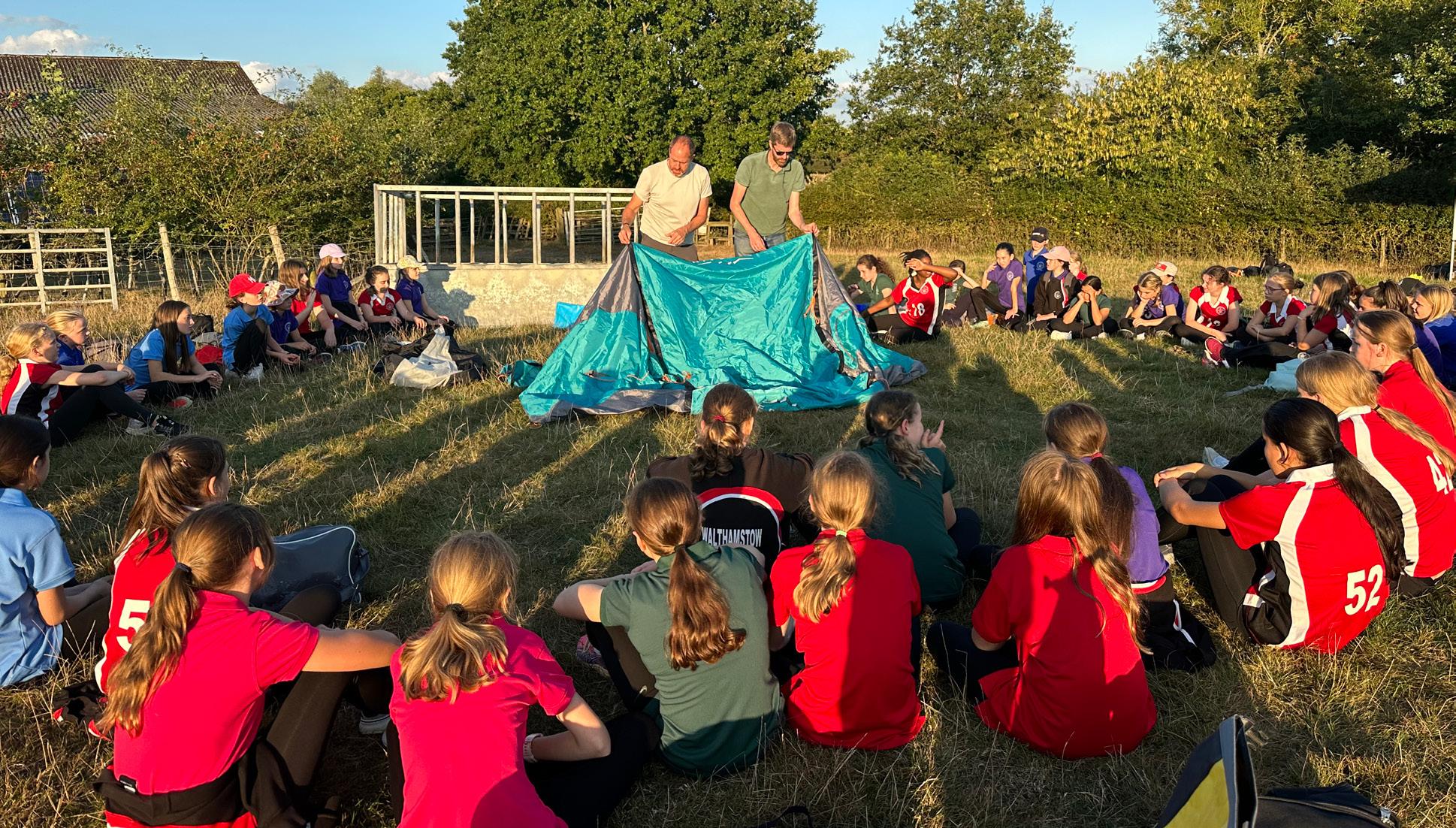
In September, Year 7 get to know each other on a walk from Wally, through Knole Park, to Romshed Farm where they pitch tents and camp for the night. The next day they walk back to School where bacon butties are provided for them and their parents to enjoy on the Front Lawn.
WHERE NEXT?
CODA spoke to a few Year 13s across various academic departments, to hear how they decided what to do next.

Isabella Maths, University of Warwick
A Levels: Maths, Further Maths, Physics and Biology
I like how there’s always a right answer in Maths. We work together in class and we have to think really hard and then piece it all together. I’m really interested in Mathematical Biology, because it has so much impact on other areas. There are three of us in the Further Maths group and we have three teachers! We have a Pure teacher [Mrs Peters], a Mechanics teacher [Dr Davies] and a Statistics teacher [Mrs Durrant]. So, it can be very detailed on specific points. Warwick is really good for Maths. My original offer from Warwick was 3 A*s, but after my entrance test they reduced it to 2 A*s and an A.

Abby Medicine, Brighton and Sussex Medical School
A Levels: Art, Photography and Business
Biology and Chemistry have always interested me, they explain how the body works and how the world works. I’ve done some work experience with a GP who’s an ex-Wally girl, and I also observed an orthopaedic surgeon at Pembury Hospital, we watched them operate in theatre!
At Wally I’ve really enjoyed being a Peer Mentor to the younger years. It’s been great for me as I’m outgoing and I like to talk to people. I joined a couple of weeks into Year 9 and I’m so grateful for all the opportunities I’ve had here. I’m going to collect my Duke of Edinburgh gold at Buckingham Palace in May!
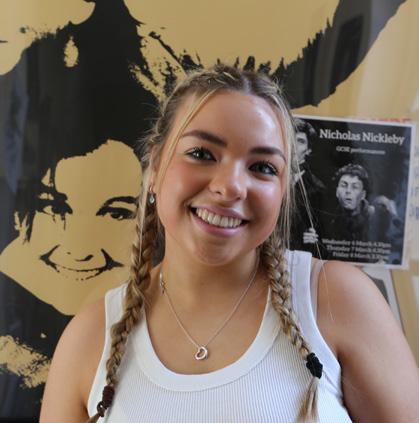
Alice Criminology, University of Liverpool
A Levels: Religious studies, Classicial Civilisation and Drama
I want to study the sociological side of crime: what causes it, why the crime was committed, what are the stereotypes? All the issues around it. I have always been interested in policing. When I joined Wally in Year 7 I was really shy, I had to learn to take my guard down. I love the Drama at Wally, there’s never a dull production. I did School Council for ages and I’ve been House Captain of Knole. The leadership element of that has been so much fun, I’m quite friendly and I love talking to people, so my main thing was to make sure that everyone enjoyed themselves.
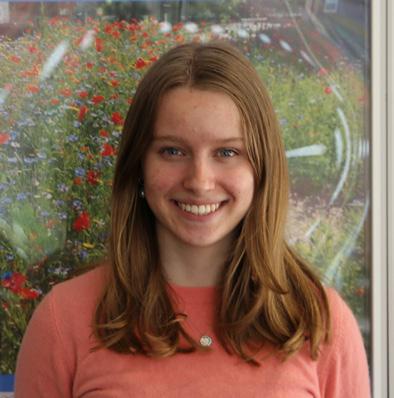
Annabel Marine Biology - PQA
A Levels: Biology, Chemistry, Maths
EPQ - Is climate change the greatest threat to marine life in the Antarctic Ocean?
I’d like to study Marine Biology at the University of St Andrews. I’ve always loved the underwater world. As a family we always went diving on our holidays which is where my interest started. I got my Padi [diving qualification] four or five summers ago. I’m hoping to volunteer with different marine conservation projects in a gap year, possibly in Australia and Thailand. I moved to Wally in Year10, mainly because I was attracted to the Drama here. I think the Drama Department here is out of this world, I’ve been in all the school plays since joining and I’m going to miss that when I go.
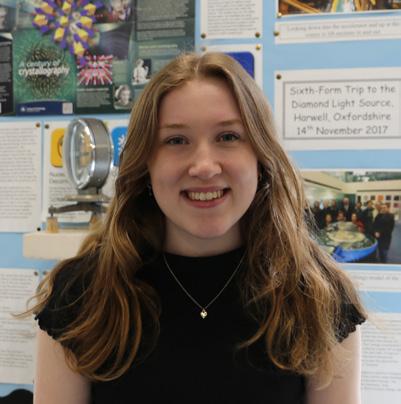
Caitlin
Physics, Somerville College, University of Oxford
A Levels: Physics, Maths, Further Maths and Music
Physics has so many real-world applications and it’s quite challenging and satisfying when you get it right. I have really enjoyed the A Level, especially Particle Physics and Astrophysics.
I’m the Music Captain which is mainly doing some admin and encouraging people to get involved. My musical highlights at Wally include [the annual competition] House Music and singing in both the operas. The choir tours to Amsterdam and Venice were definite highlights. I picked Somerville College because I really liked the choir there and I want to keep doing Music. I’ve got a Choral Scholarship.

Ava
Politics and Philosophy, LSE
A Levels: Politics, Geography and Religious Studies
Studying Politics has given me a different view on the world. Rather than just looking at the news, you can critically analyse parts of it, for example on the Israeli Palestinian issue. I joined Wally in Year 7 and I can see how I have come out of my shell during my time here. Perhaps mostly in academics. Before, I wasn’t confident enough to put my hand up, whereas now I wouldn’t have any problem speaking in much bigger classes. I’ve done sports at Wally, I have been in the plays which I really enjoyed. I also did the Bar Mock trial. All these things were nerve-wracking, but they forced me to push myself.
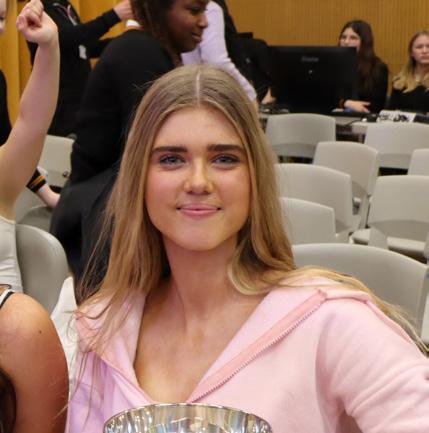
Imogen
Law and Social Anthropology, University of Edinburgh
A Levels: Philosophy, English Literature and Drama
Philosophy has been my favourite A Level subject, it’s intellectually challenging and there’s not a right or wrong answer. It pushes you to question things.
My degree choice is more than just wanting to study law. It’s very important to know your rights, especially as a woman. The most important thing you can have is knowledge.
The Drama at Wally has been really good, I have loved being in all the plays: Coram Boy, Peter Pan and The Sound of Music. As Quebec House Captain it was so nice to interact with all the year groups and it’s fun to be the leader!

Ella
Engineering Mathematics, University of Bristol
A Levels: Maths, Physics, Fine Art
In the Open Day for Engineering Maths at Bristol they had a Venn diagram of Astro Physics, Computer Science and Maths and this course was the joining bit in the middle. It’s the broadest option, because I don’t really know what I want to do. I think my application was really strong because I can bring another perspective. I like the freedom of doing what I want to do in Art. In Maths and Physics there’s one right answer, but in Art you can focus on your own strengths. I joined Wally in Little Shipmates, when I was three. I stayed because I loved it!

Sarah Geography, Girton College, Cambridge
A Levels: Geography, English Literature, 3-Dimensional Design
EPQ – Assess the factors which caused the 2011 famine in Somalia.
I love Geography, it has such relevance to today and I think there are lots of crossovers with it. If I want to go into design and research looking towards the future of global warming, I think that’s something that Geography allows you to do. In our A Level we studied the gentrification of Spitalfields in the London Borough of Tower Hamlets. I liked the research but it was compiling the data and the analysis that I really enjoyed. I have loved the music here at Wally; I sang in both of the operas, and the Choir tours were really good fun. I have also enjoyed the Drama and being in Coram Boy.

Lara Business Management, Ecole Superieure de Commerce de Paris
A Levels: Maths, Economics and Spanish
This course in Paris allows me to do my second year in Madrid and my third year in Berlin. I want to explore other cultures when I’m young and this will allow me to do internships in French, Spanish and German companies. I’ve got a European passport because I’m half Irish and half Hungarian.
I joined Wally in Year 10 from TWGGS, on the day lockdown started. I have played in the First Team for netball and was House Captain for Penshurst. We won Sports Day and we won Science Week as well! As House Captain I enjoyed being able to inspire the younger years and help them have a good time!

Julia
BSC in Management in the creative and fashion industries, Institut Francais de la Mode, Paris
A Levels: Art, Photography and Business
I’ve always wanted to go into the business aspect of fashion, not the design side and this course in Paris is highly-regarded. The course is in English. It’s an international university so it will be 50% French students, 50% international.
In my interview I had to analyse an image. I told the interviewer the picture reminded me of work by [British photographer] Martin Parr and they said it was! So it went well after that.
For my Photography A Level exam I made a Japaneseinspired room divider. I made the frame and collated some photographs I took during the exam to make it seem like an illusion that someone was standing behind it. It was quite technical.

Jess Post Qualification Application
A Levels: English Literature, Drama, Religious Studies
I joined Wally from Weald [Grammar] near the end of the first term in Year 12. Wally was near, supportive and has a fantastic Drama Department. I knew that doing Drama would be a great way of getting to know people quickly.
I’ve loved all three of my A Levels. The best part is the different perspectives you get and the analysis. My Philosophy class in Weald had 28 students, compared to seven here. Another difference is the amount of time we have for discussion; you are encouraged to make links between topics and there’s always time for questions. There’s loads of help and you feel like you can ask for it without annoying the teachers!

Lily
Costume for Theatre and Screen, University of the Arts, London
A Levels: Art, Textiles, English Literature
In Textiles I looked at Scandinavian folklore, paganism and mythology. I focussed on the realms of the forest and heaven in the Tree of Life. I made a jacket that I grew cress seeds out of, and that’s what the interviewers were most impressed with! I moved into personal folklore, looking at generational links between the women in my own family. I made a Russian doll, which is a symbol of maternity and I mirrored the tapestry on the front of my doll into this apron I made.The woman wearing this apron has crafted this Russian doll in her image, which has these hidden generations inside.
I applied for the costume design course at UAL in Wimbledon because it’s the best in the world! There wouldn’t be anywhere I’d want to go more than where is best.
84% of students secured a place at their first choice university
16% of students secured a place at their insurance choice
2 students secured places at Oxbridge
2 students secured places at medical school
UNIVERSITY DESTINATIONS 2024
Overseas Destinations:
Ecole Supérieure de Commerce de Paris
Institut Francais de la Mode in Paris
University of York
Nottingham Trent University
University of Nottingham
University of Liverpool
University of Birmingham
University of Bristol
University of Warwick
University of Bath
Bath Spa University
University of Exeter
University of Oxford
Bournemouth University
University of the Arts
Bournemouth
Southampton University
The University of Edinburgh
University of St Andrews
Newcastle University
Durham University
Loughborough University
University of Cambridge
University of the Arts London
King’s College London
LSE
University of Greenwich
Royal Holloway, University of London
Brighton Met College
Brighton and Sussex Medical School
University of Chichester
YEAR 13 LEAVERS’ DESTINATIONS
Freya University of Bath

Management with Marketing w work placement
Eleanor Loughborough University Psychology
Isabel University of Bristol English
Willow The University of Edinburgh Classical Studies
Claudia Bath Spa University Games Development
EleanoR Post Qualification Application
Abigail Brighton and Sussex Medical School Medicine
Emily Post Qualification Application
Elizabeth University of Greenwich
Film & Television Production
Sienna University of Nottingham Biotechnology
Rosie University of Exeter Biological Sciences
Emily Bournemouth University Events Management
Olivia University of Bath Natural Sciences
Beatrice University of Exeter Business & Management w Industrial Experience
Julia Inst Francaise de la Mode in Paris
Annabel Post Qualification Application
Management of Fashion & Creative Industries
Sarah University of Cambridge Geography
Isabella University of Warwick Mathematics
Yasmin Royal Holloway, University of London Music
Alice University of Liverpool Criminology
Freya Post Qualification Application
Estelle Newcastle University Biology
Ella University of Bristol Engineering Maths
Alicia Durham University Physics
Maria King’s College London, University of London
Hannah Loughborough University
Lara École Supérieure de Commerce de Paris
Ava London School of Economics and Political Science
Management & Mod Languages w year abroad
Accounting and Finance
Business Management
Politics and Philosophy
Evelyn University of Chichester
Millie University of York
Grace The University of Edinburgh

Digital Film Technologies
Business and Management
Sustainable Development
Evelyn University of Nottingham Mechanical Engineering w Industrial Year
Beatrice University of St Andrews Medicine
Caitlin Nottingham Trent University
Architectural Technology
Darcy University of Exeter Biochemistry
Jess Post Qualification Application
Elizabeth University of Oxford Physics
Olivia University of the Arts, Bournemouth
Lily University of the Arts, London
Art and Design Foundation
Costume for Theatre and Screen
Sophia Post Qualification Application
Imogen University of Exeter English
Emily Newcastle University Politics and International Relations
Olivia University of Birmingham International Relations and Development
Eva Post Qualification Application
Lily University of Bath Management with work placement
Elle University of the Arts, Bournemouth
Rachel Post Qualification Application
Annabel Loughborough University
Art and Design Foundation
International Business (with placement year)
Olivia Southampton University Law
Imogen The University of Edinburgh
Natasha Brighton Met College
Law and Social Anthropology
Art and Design Foundation
2023 LEAVERS’ POST QUALIFICATION APPLICATION DESTINATIONS
Sasha King’s College London, University of London Music
Amie-Jane University of Surrey
Sport and Exercise Science
Florence King’s College London, University of London Biochemistry
Isobel University of Sheffield
Speech and Language Therapy

Headmistress: Ms Louise Chamberlain, BSc Hons, PGCE Senior School, Holly Bush Lane, Sevenoaks, Kent, TN13 3UL | marketing@whall.school
